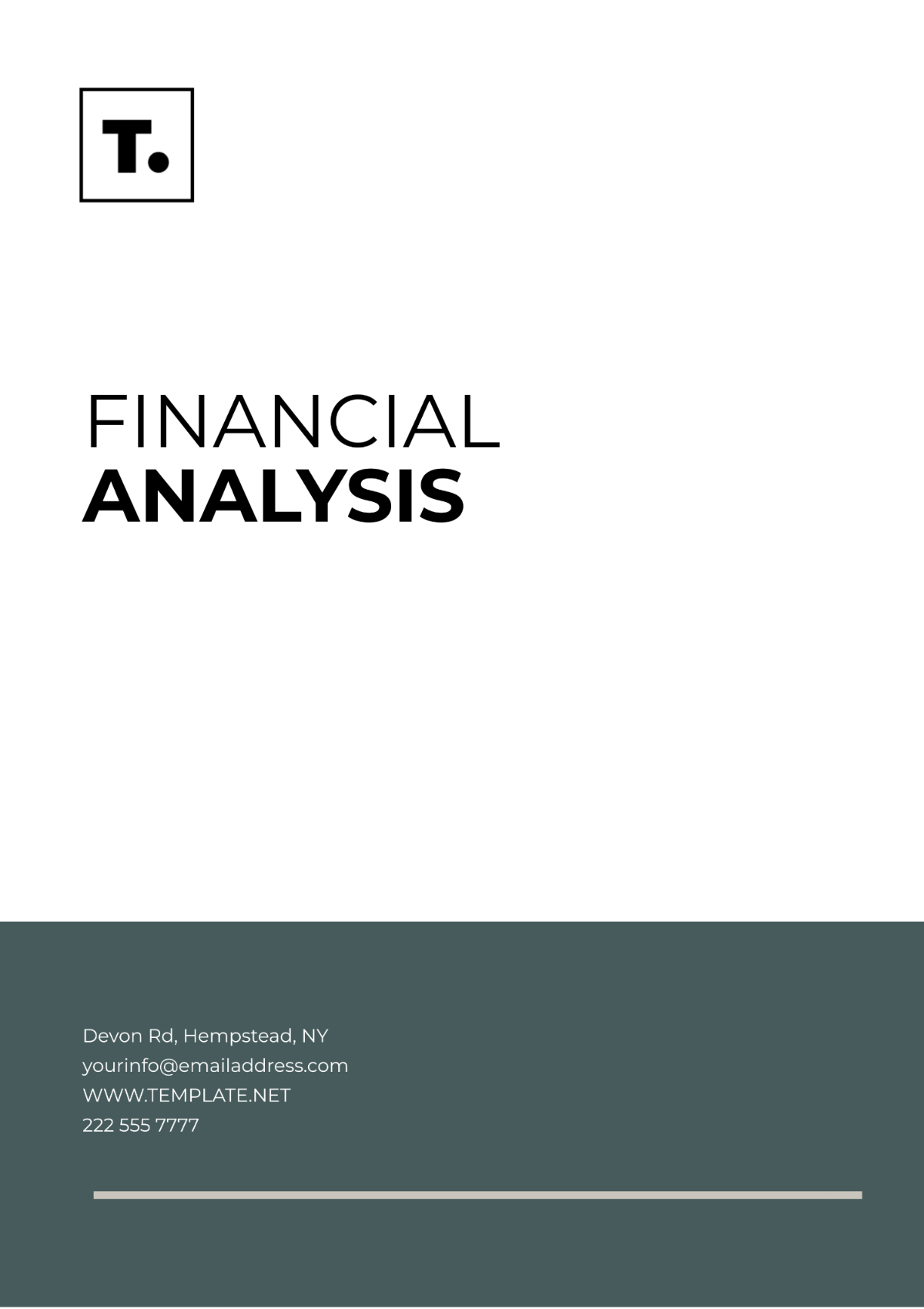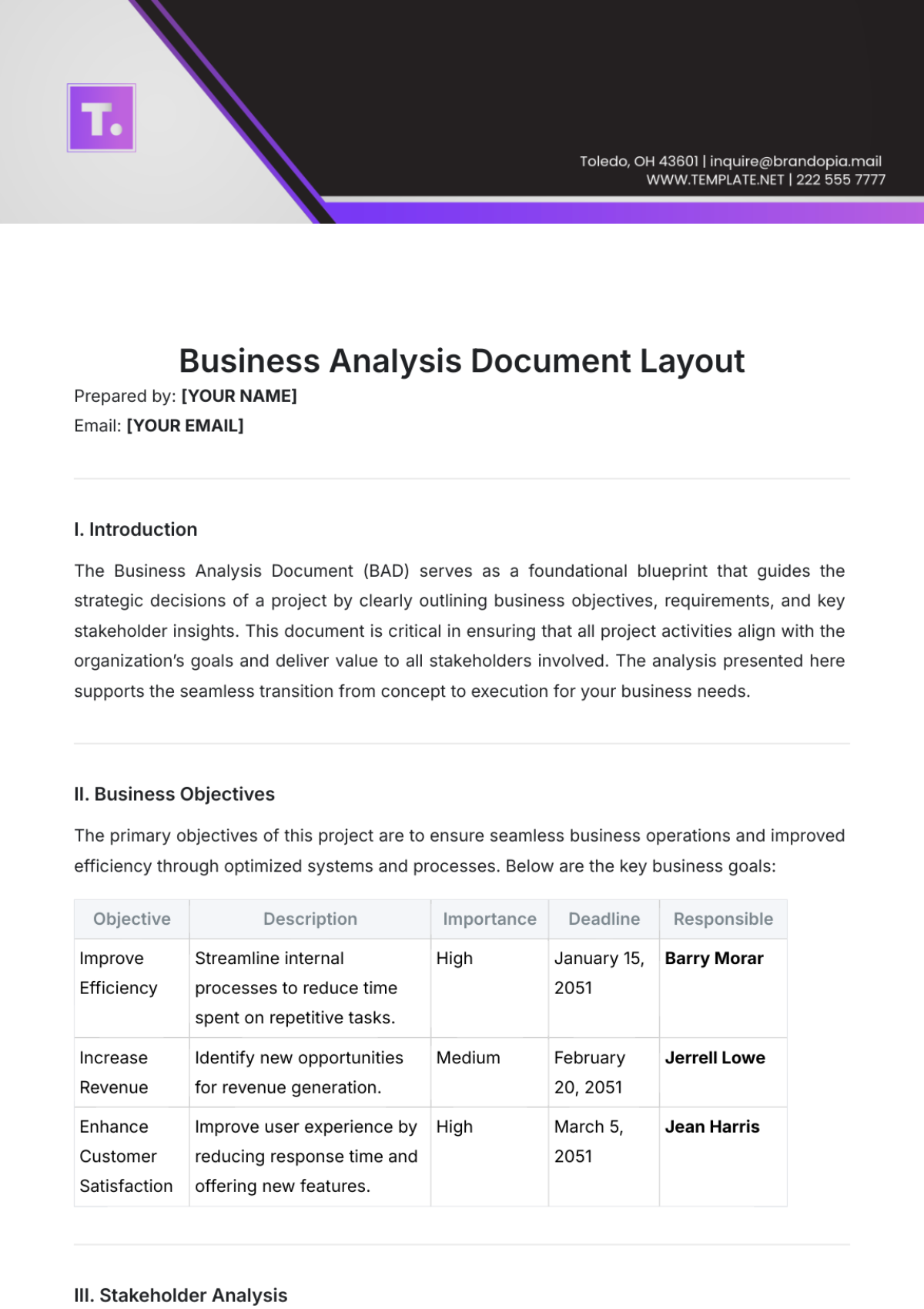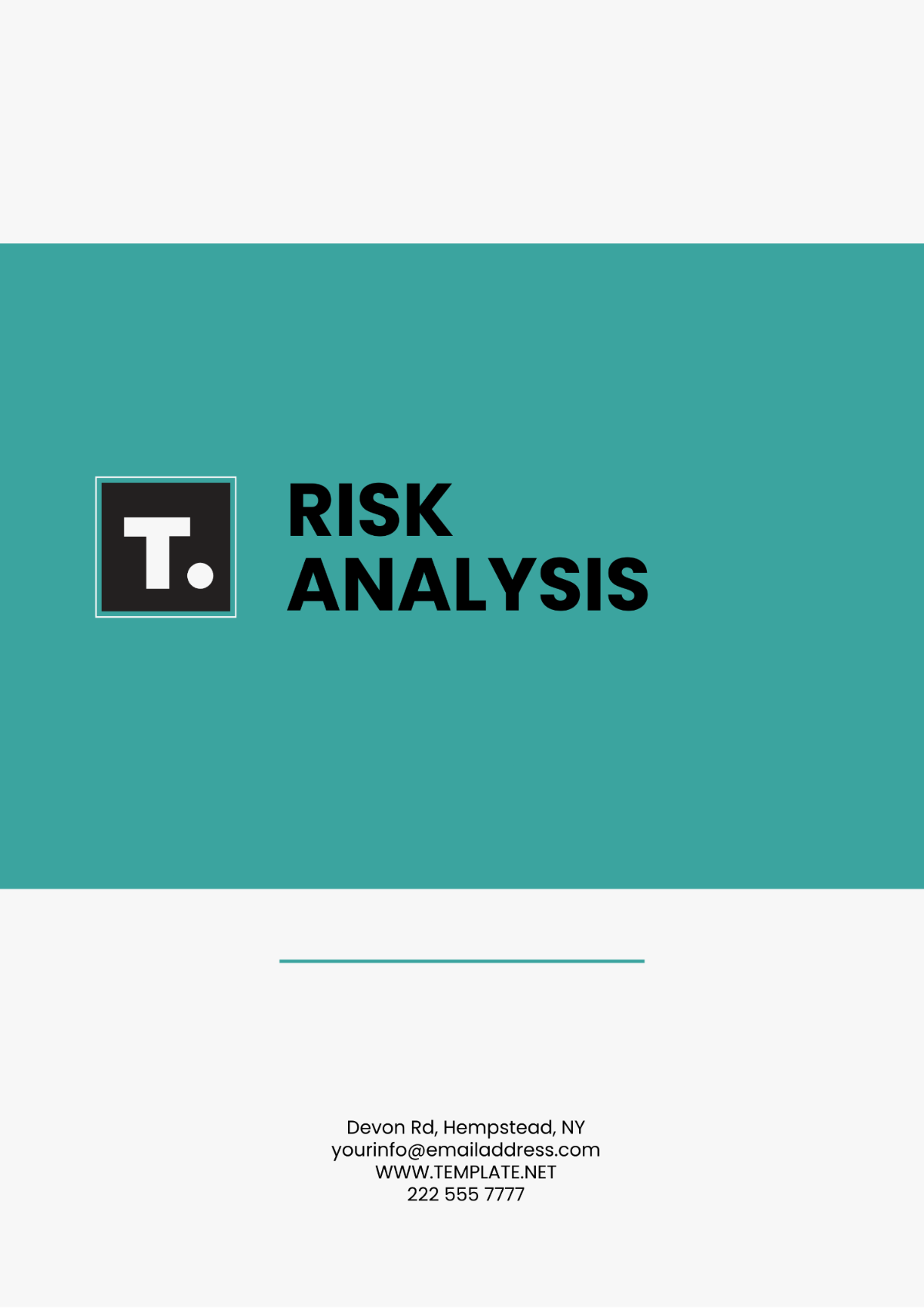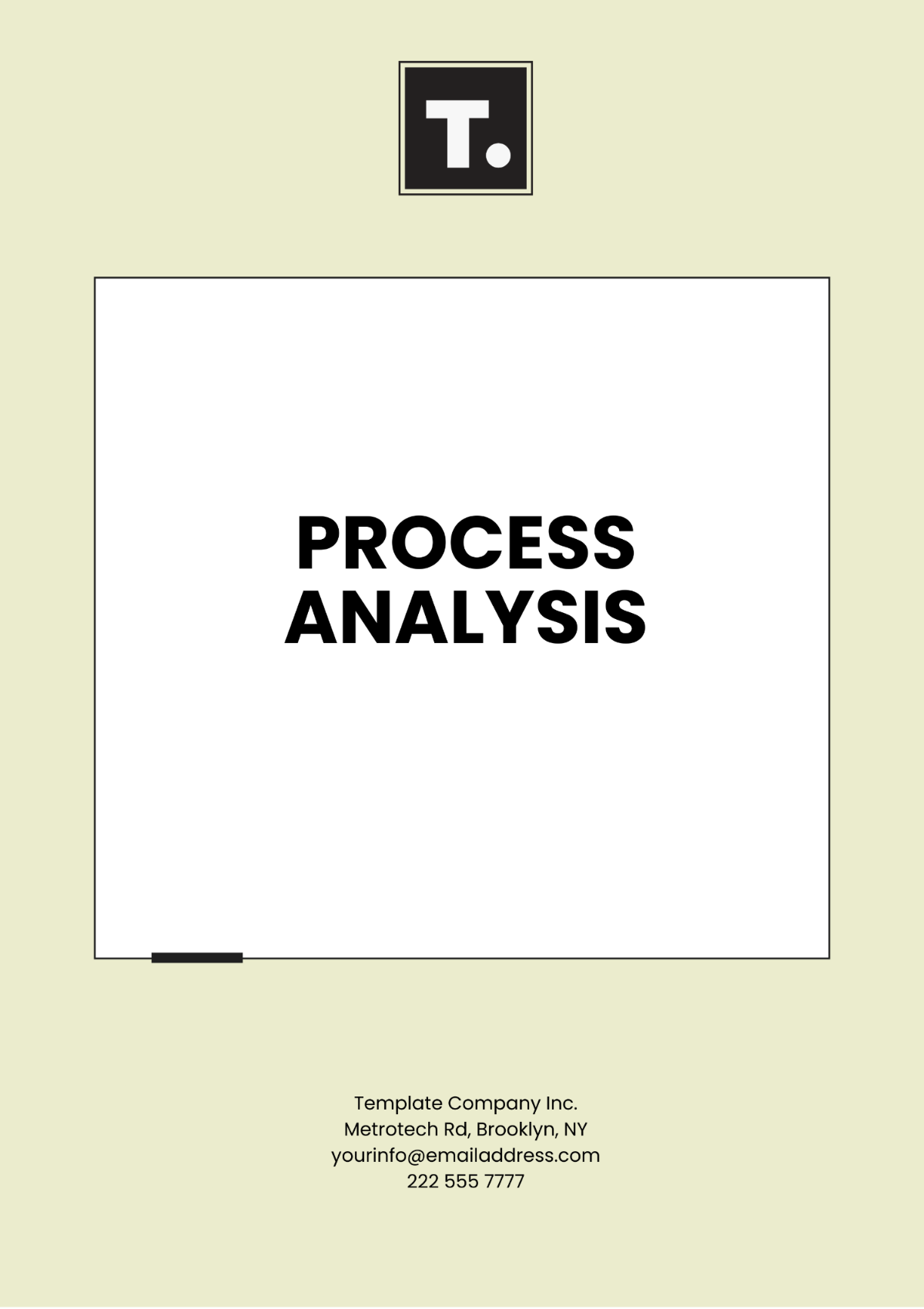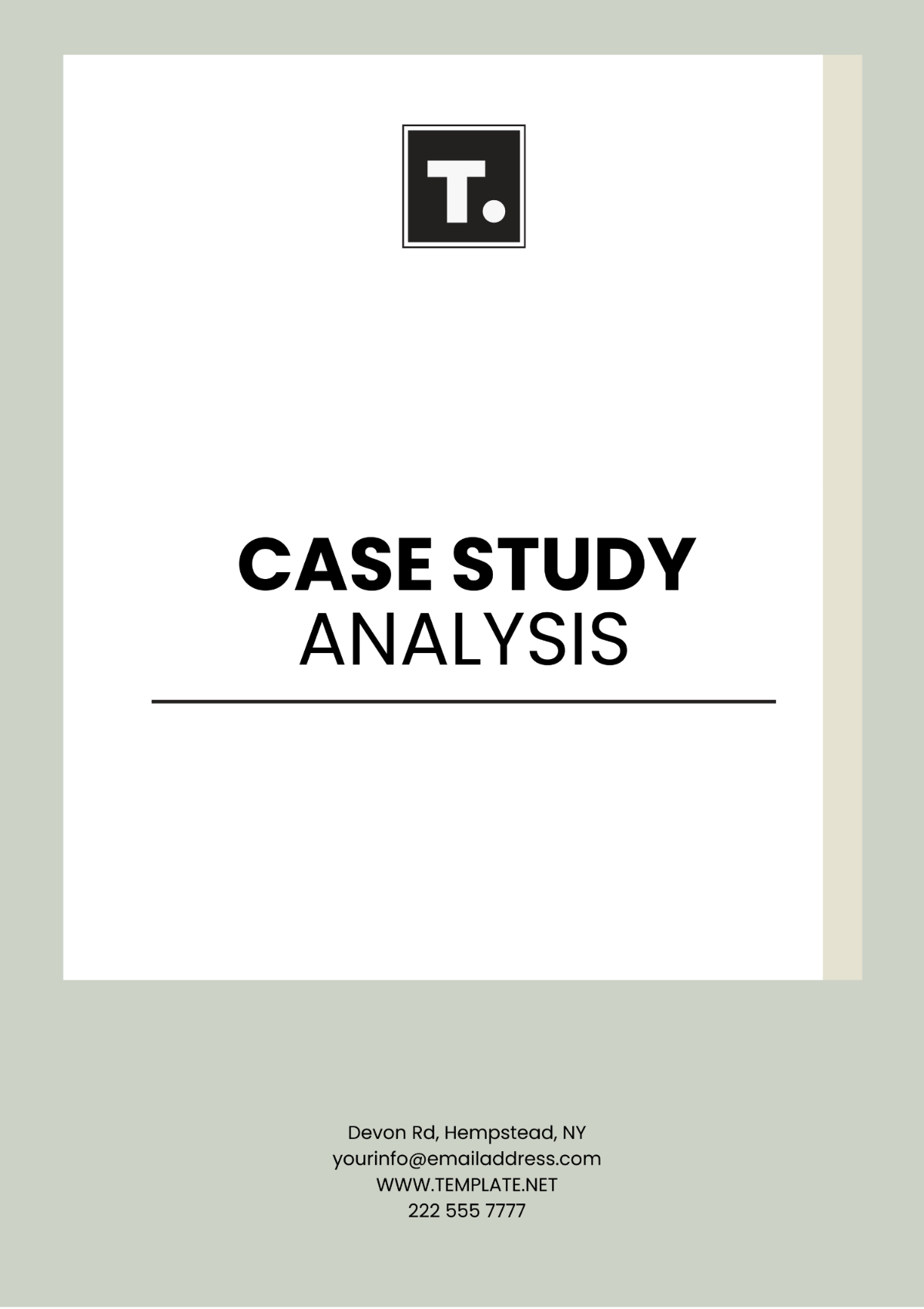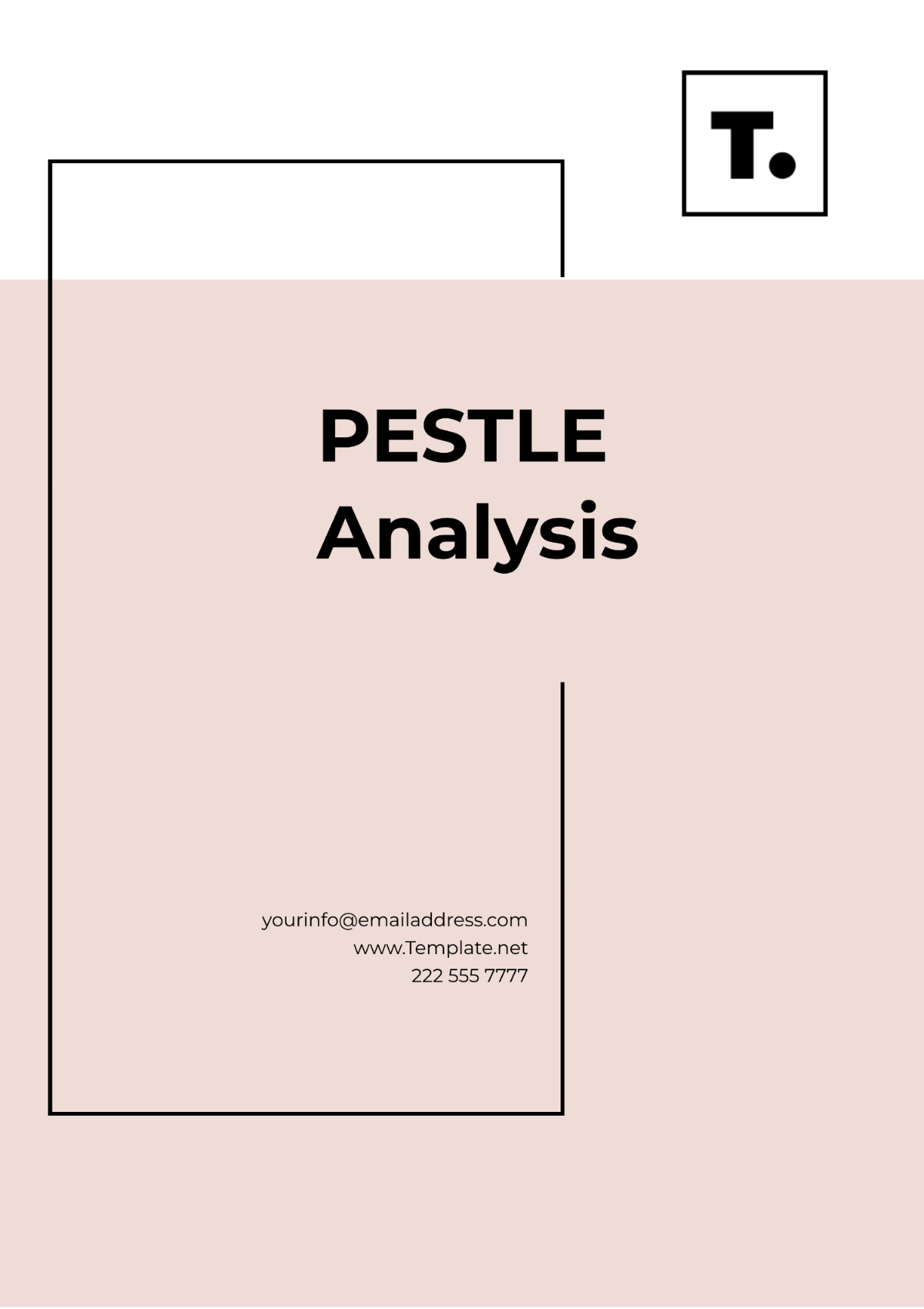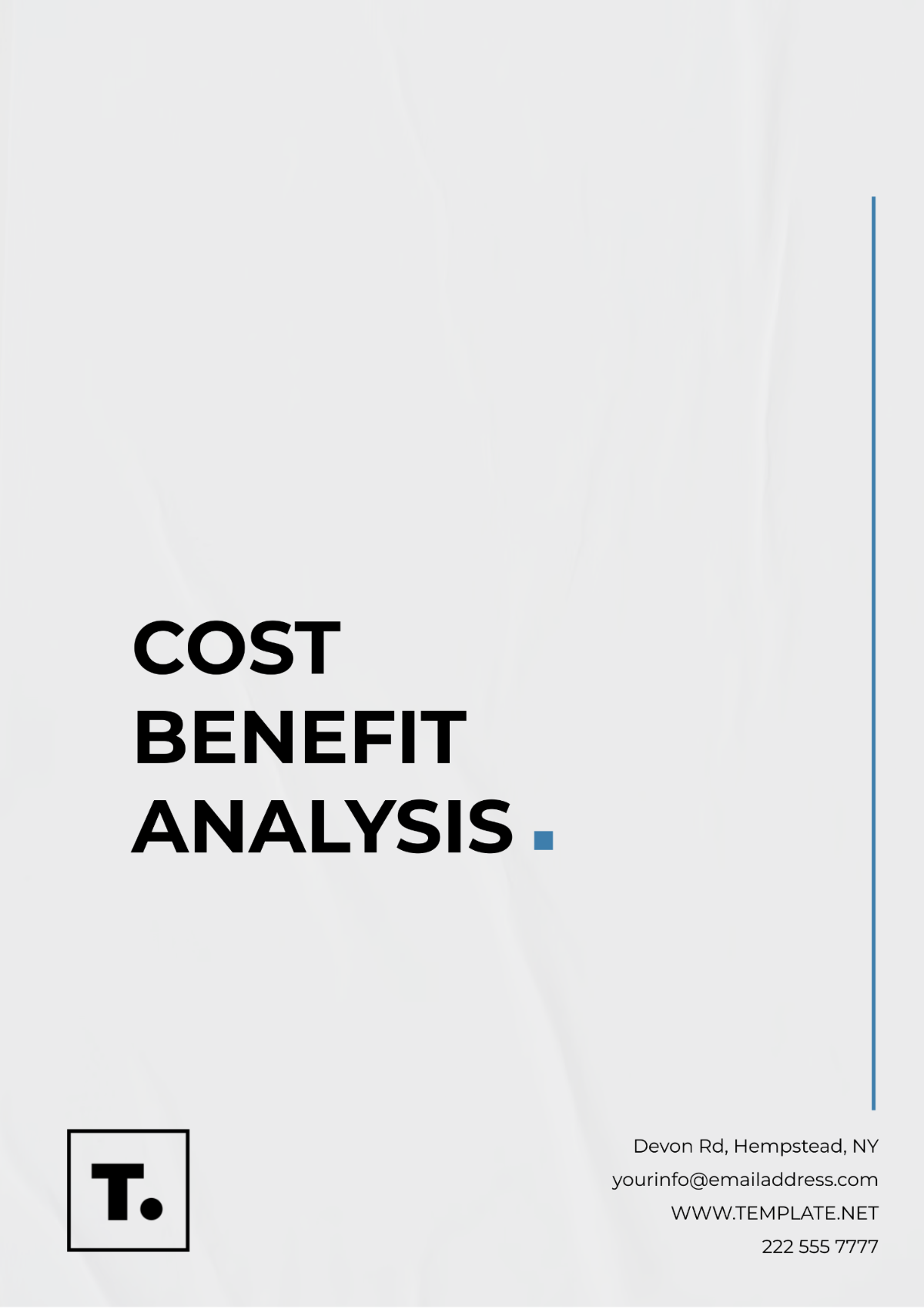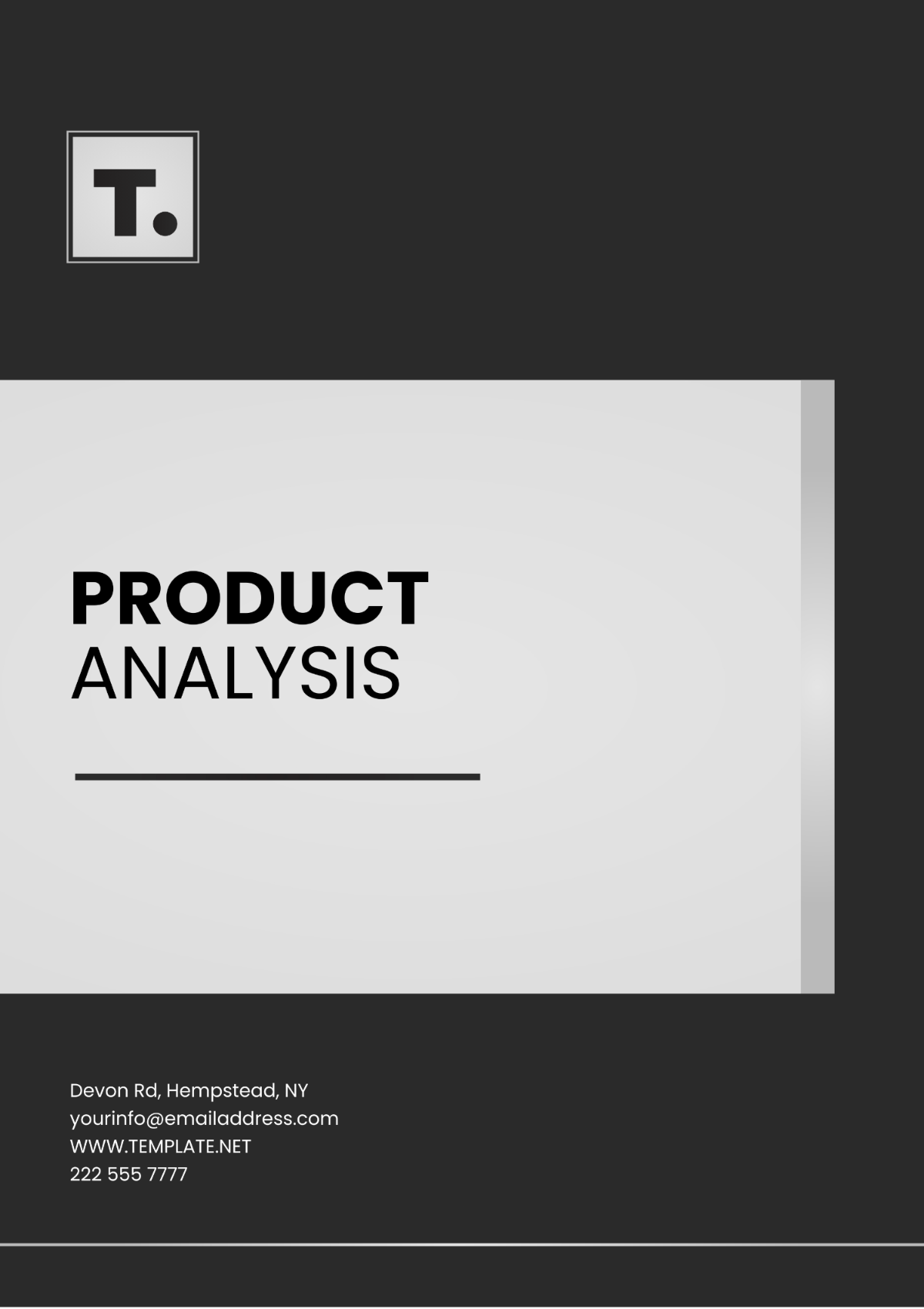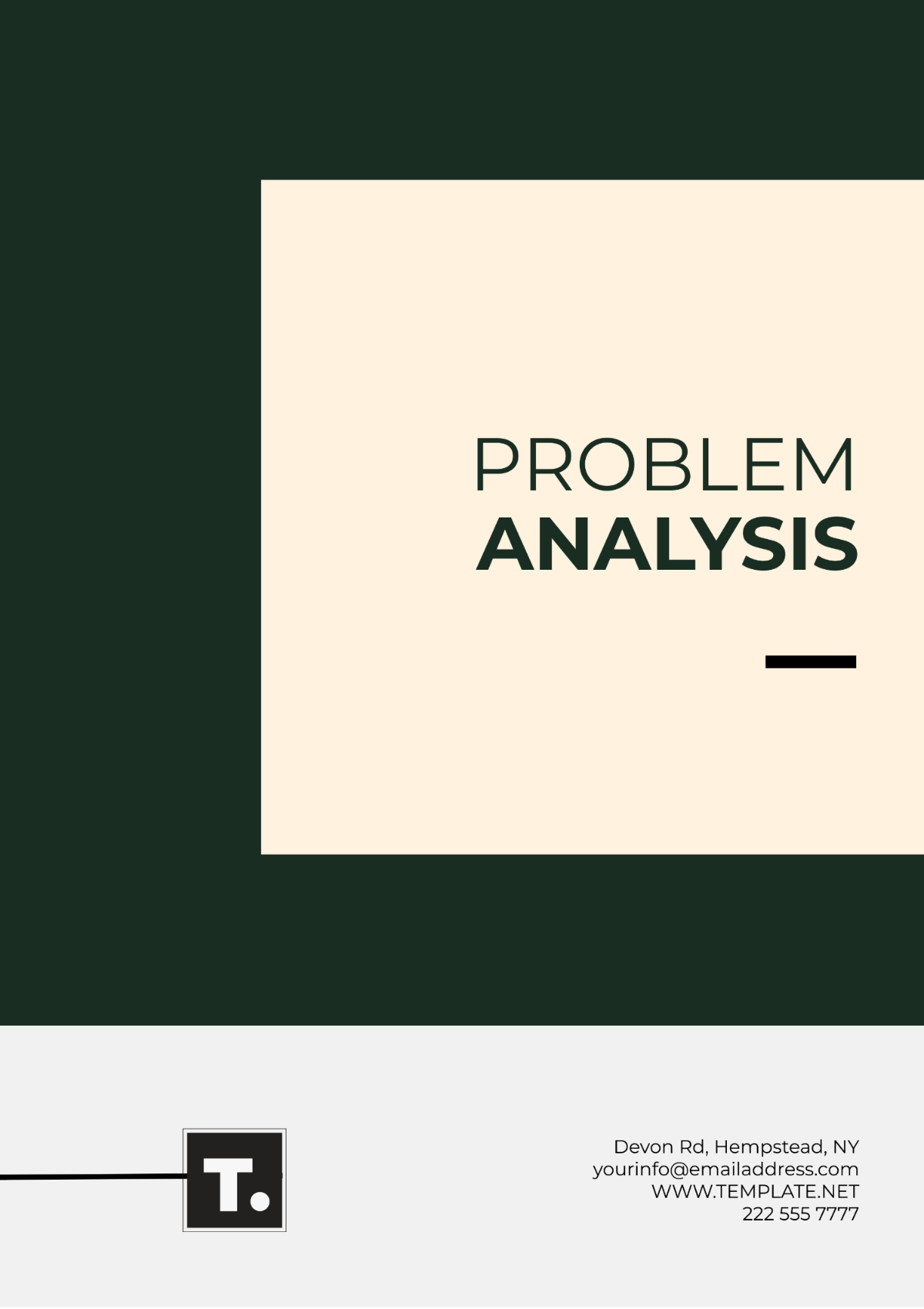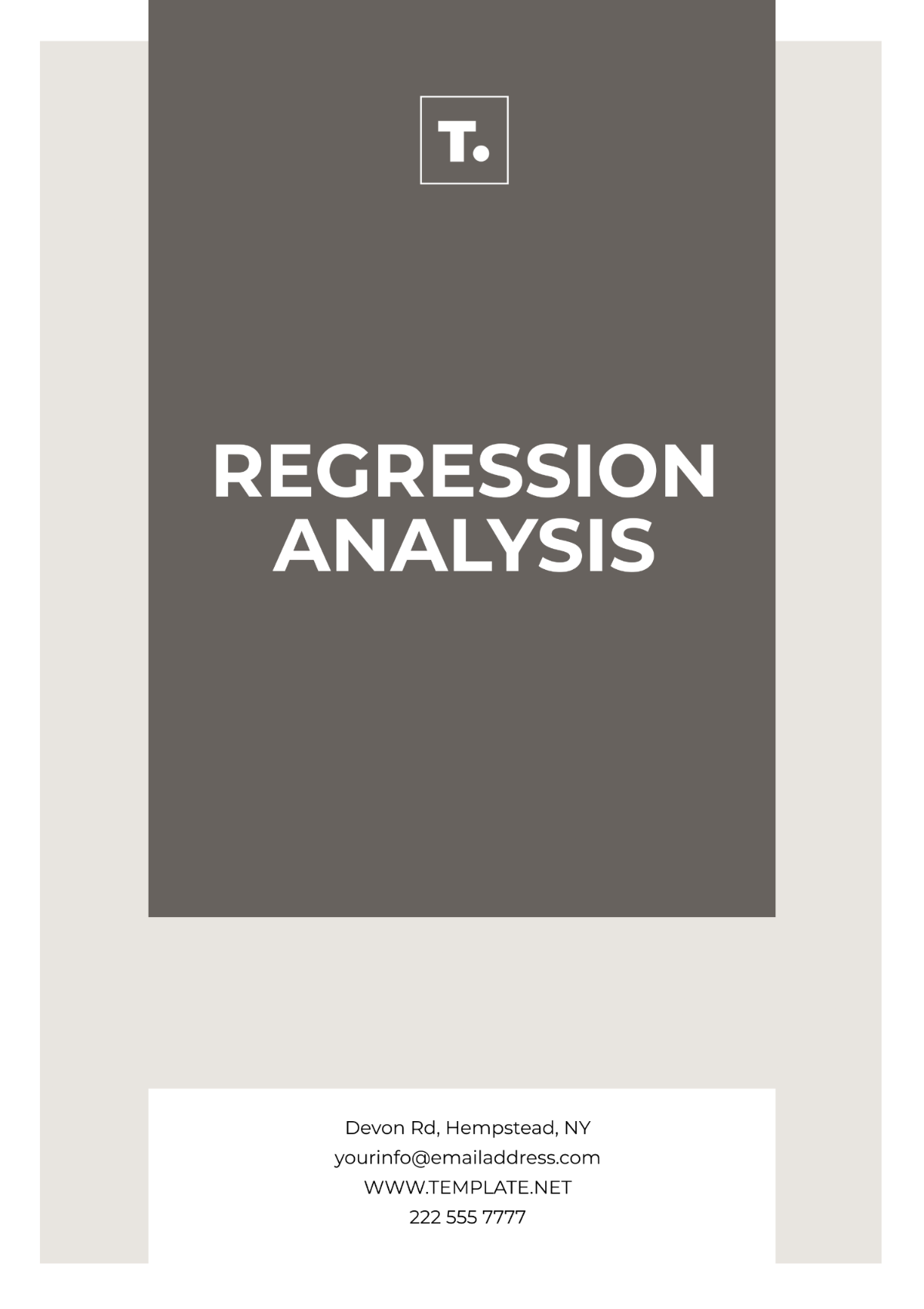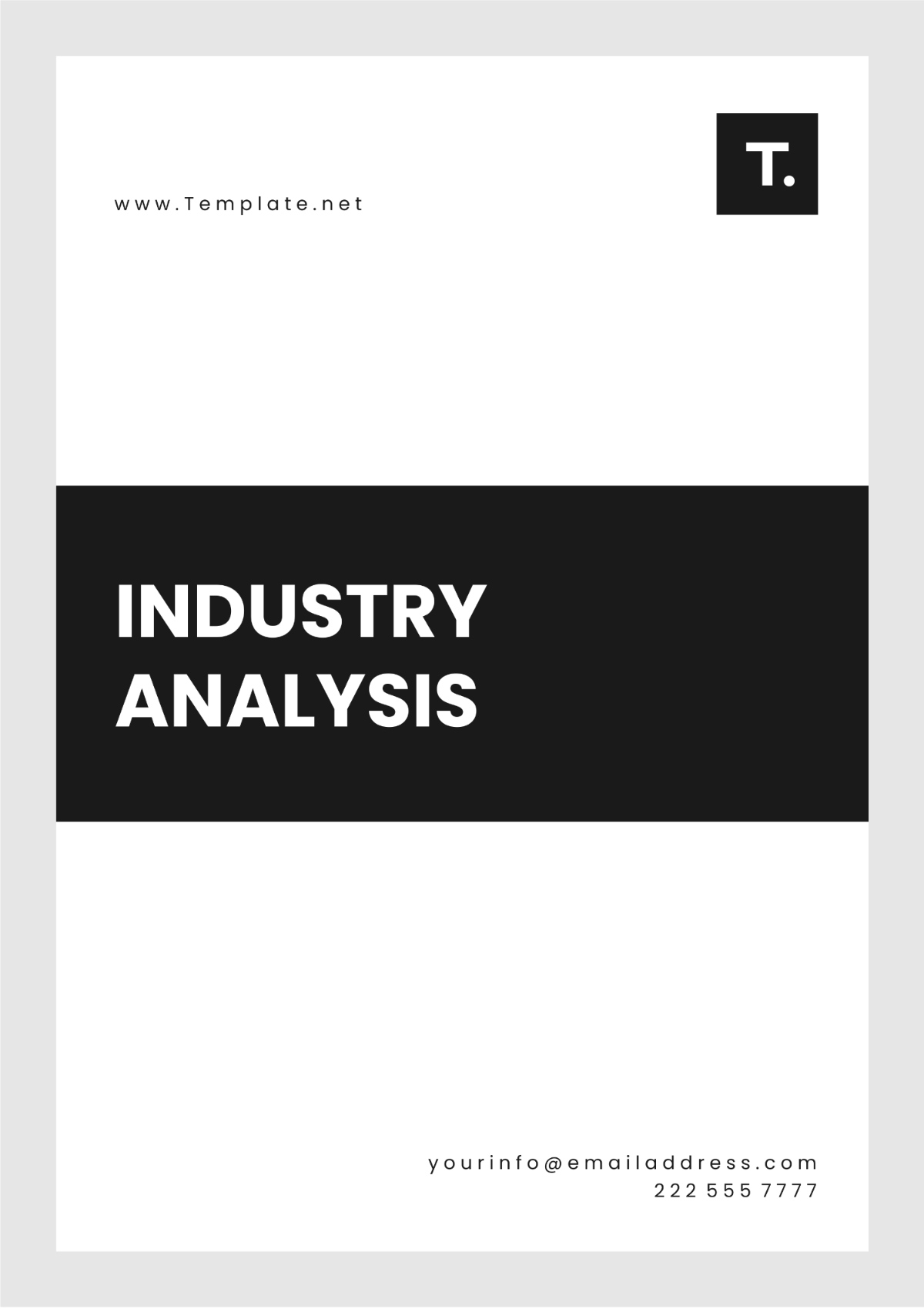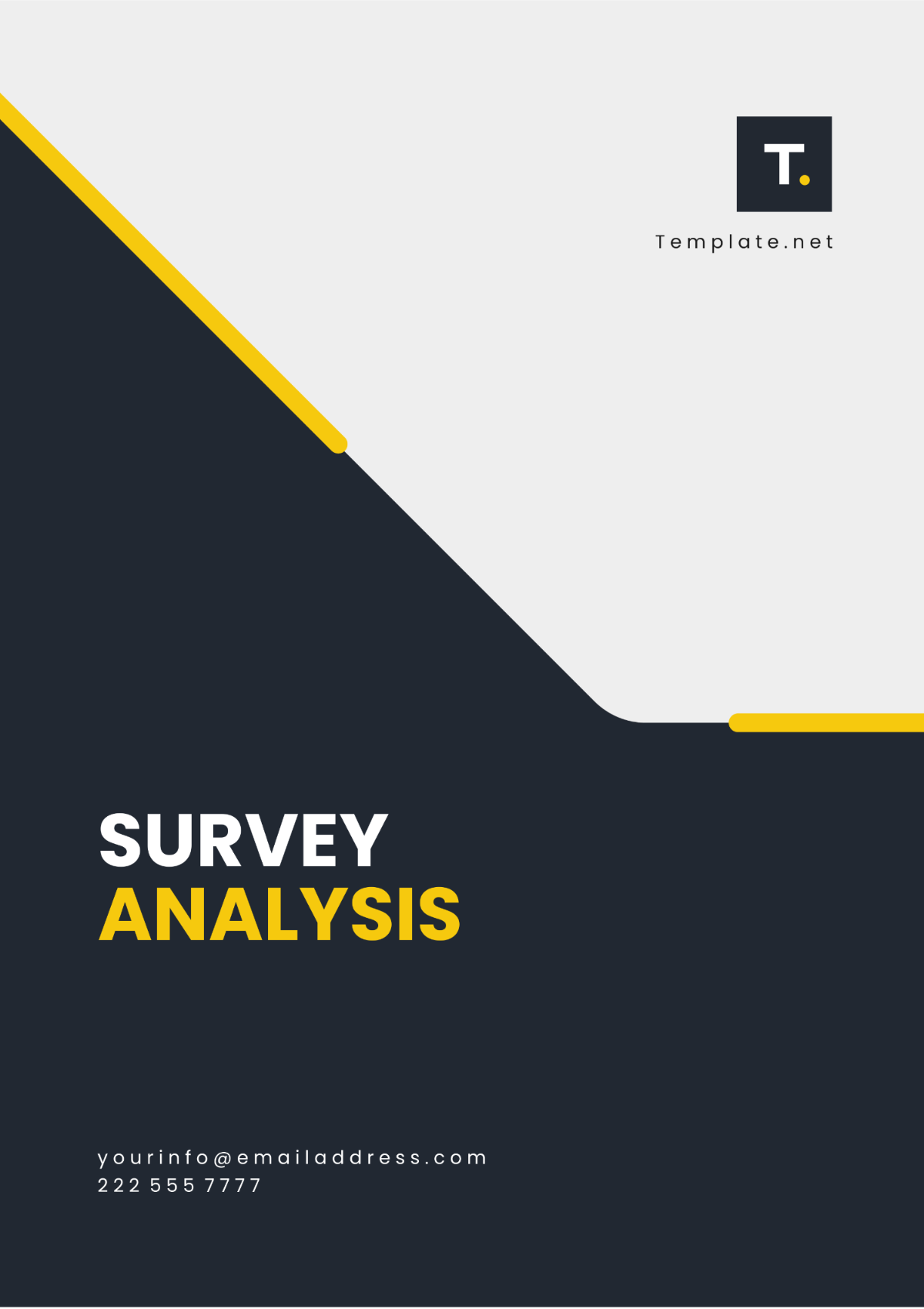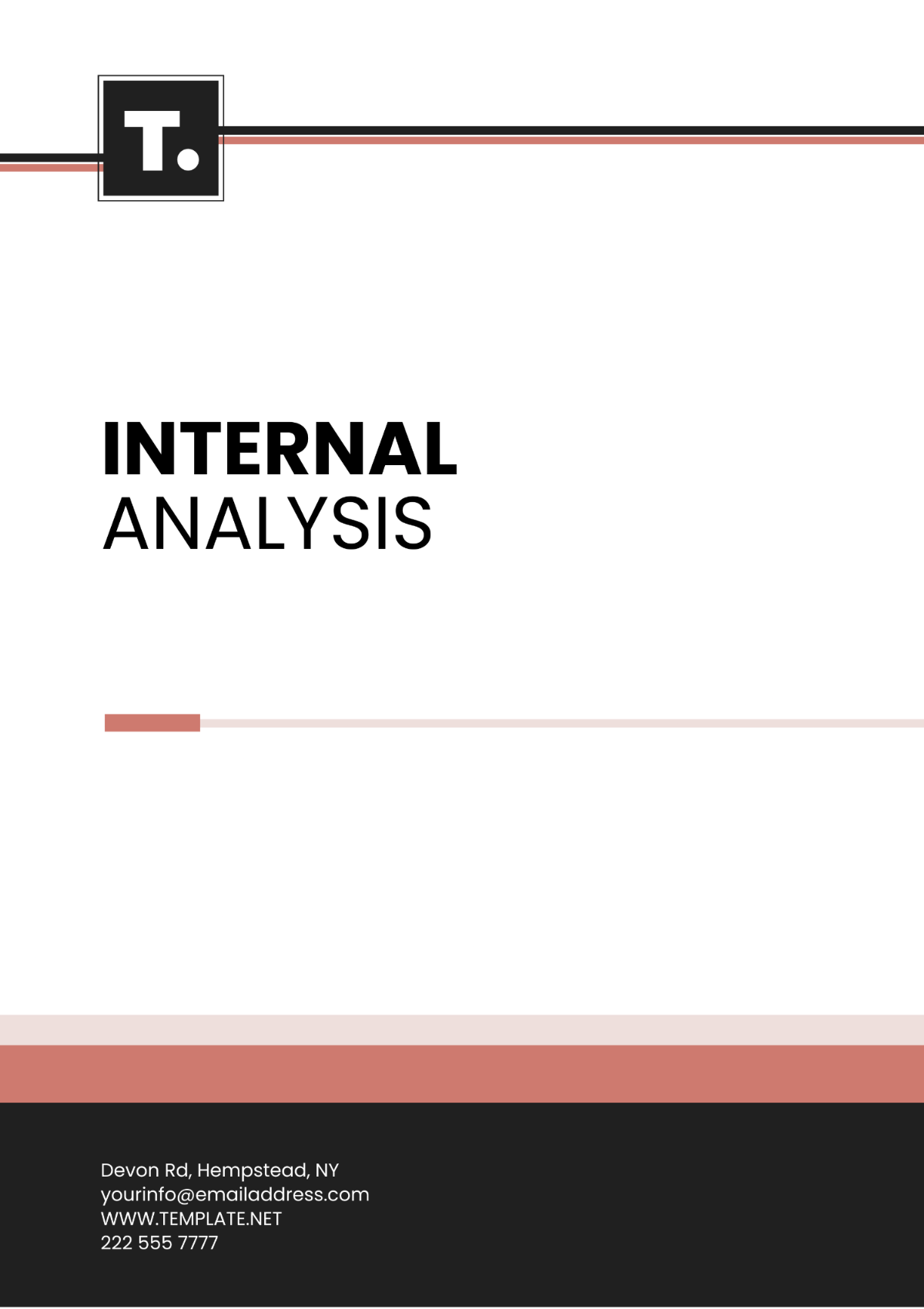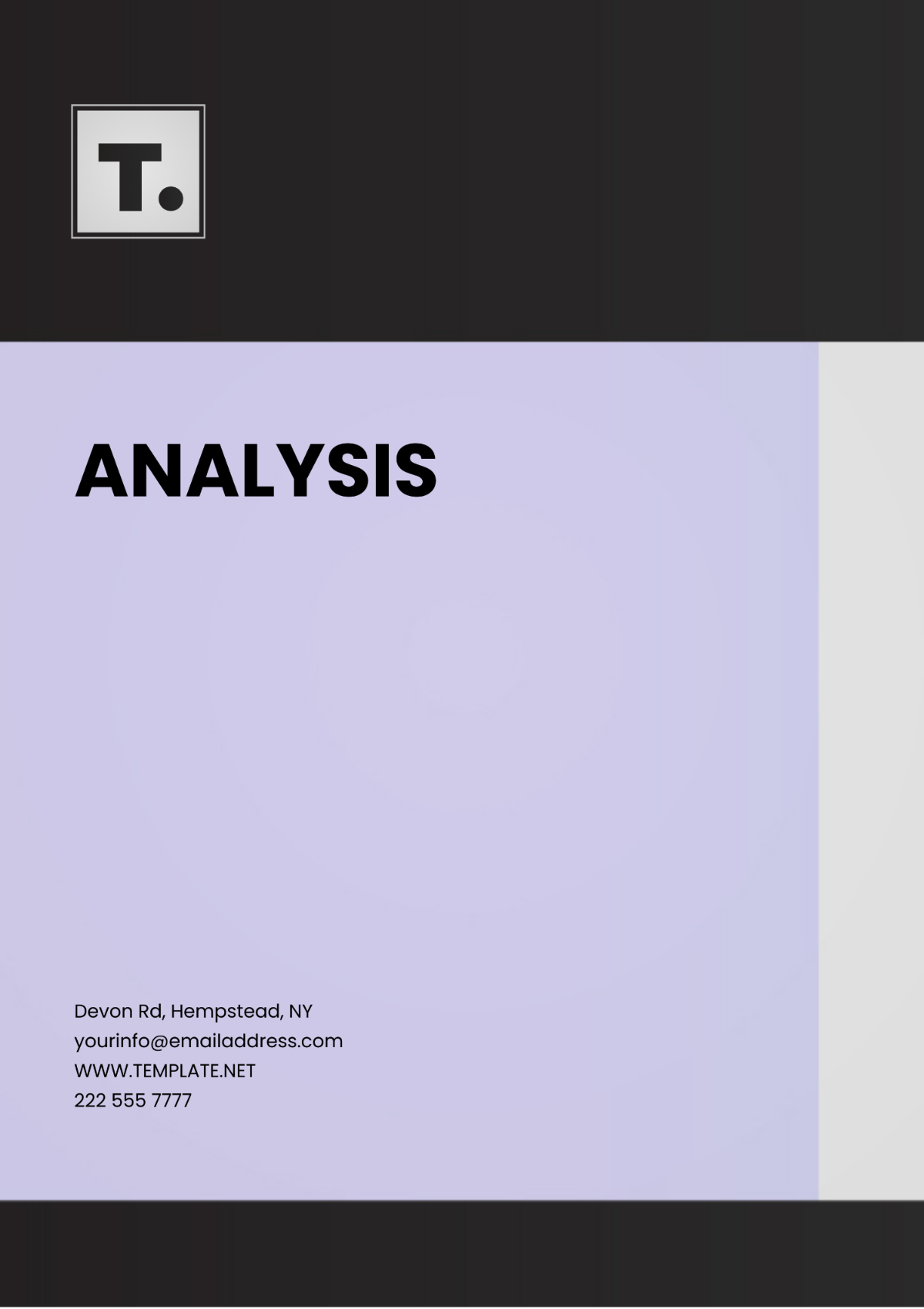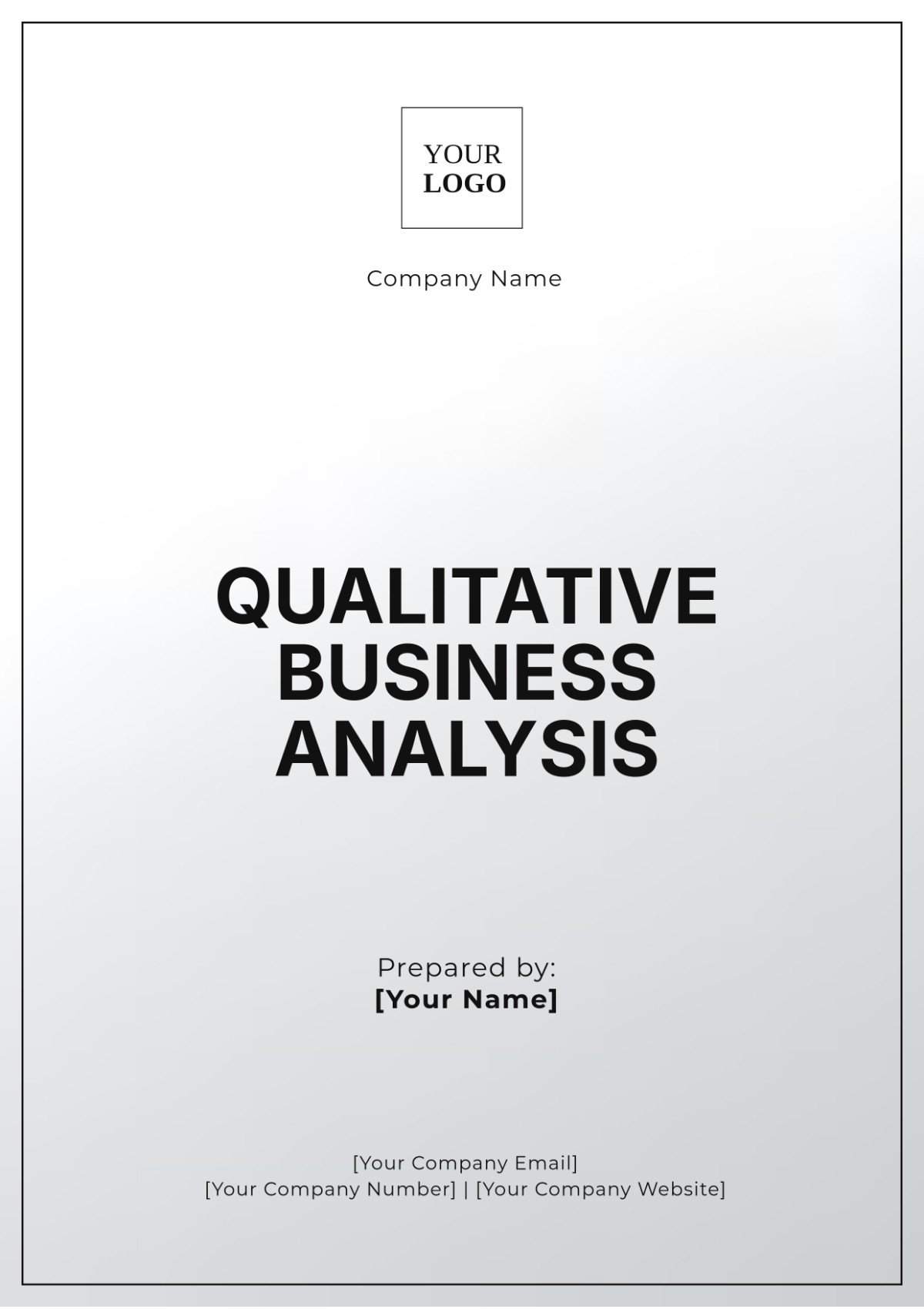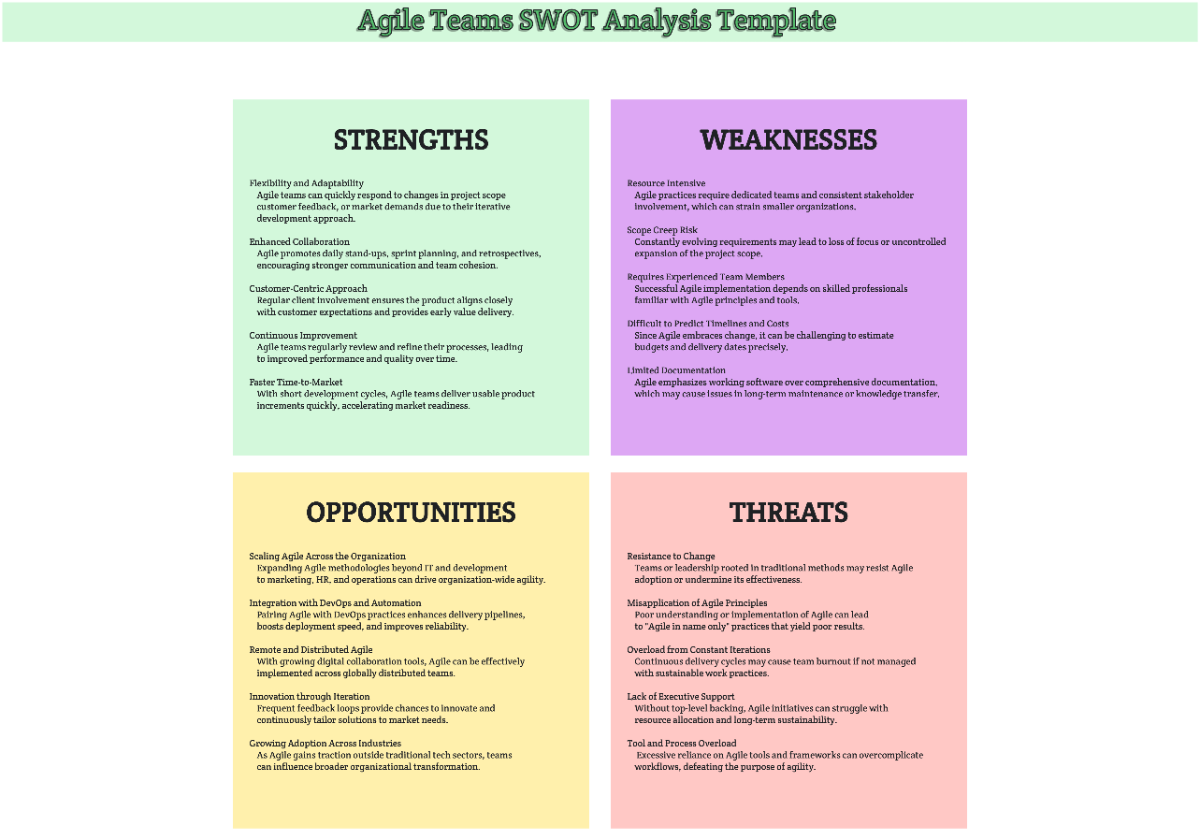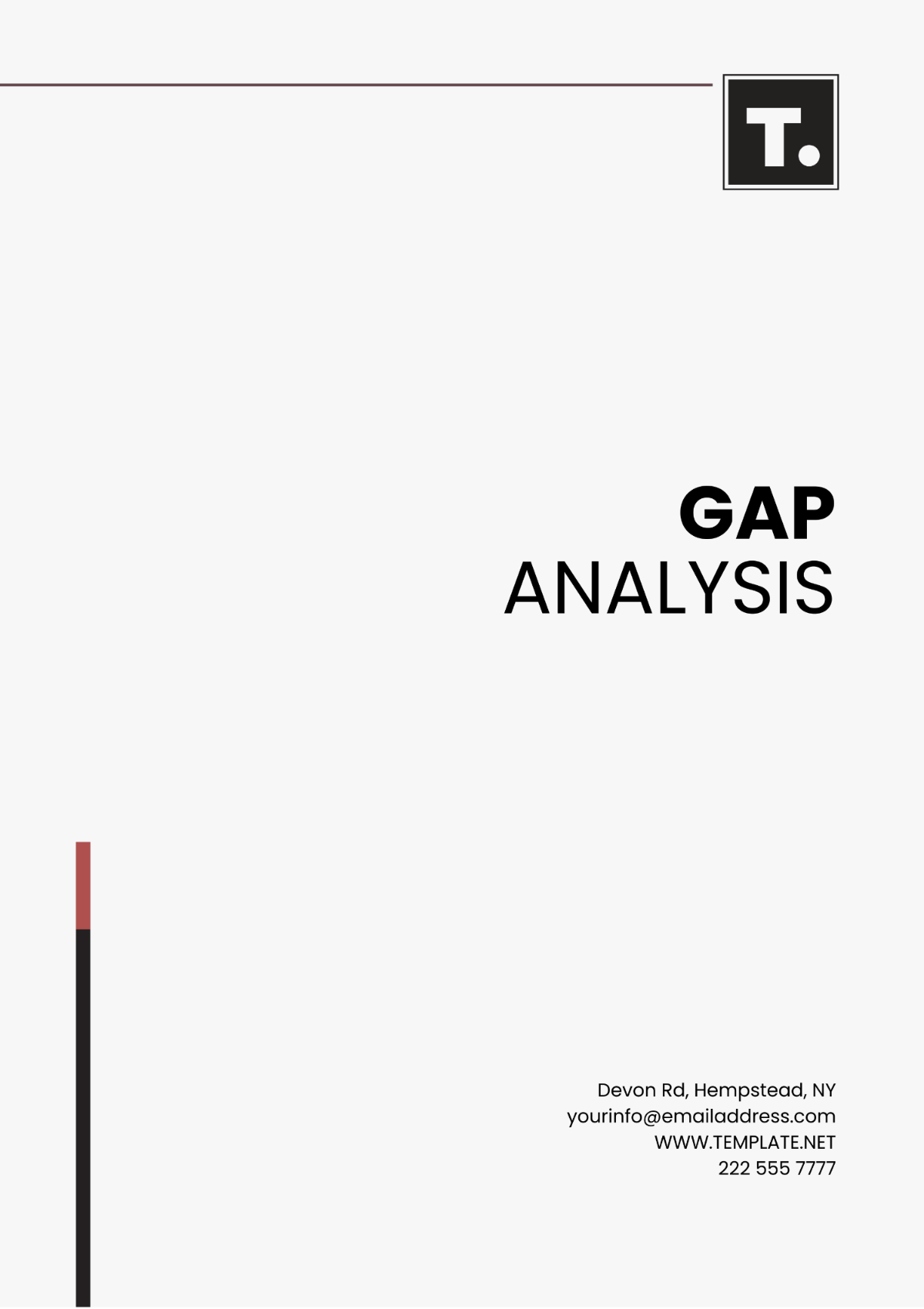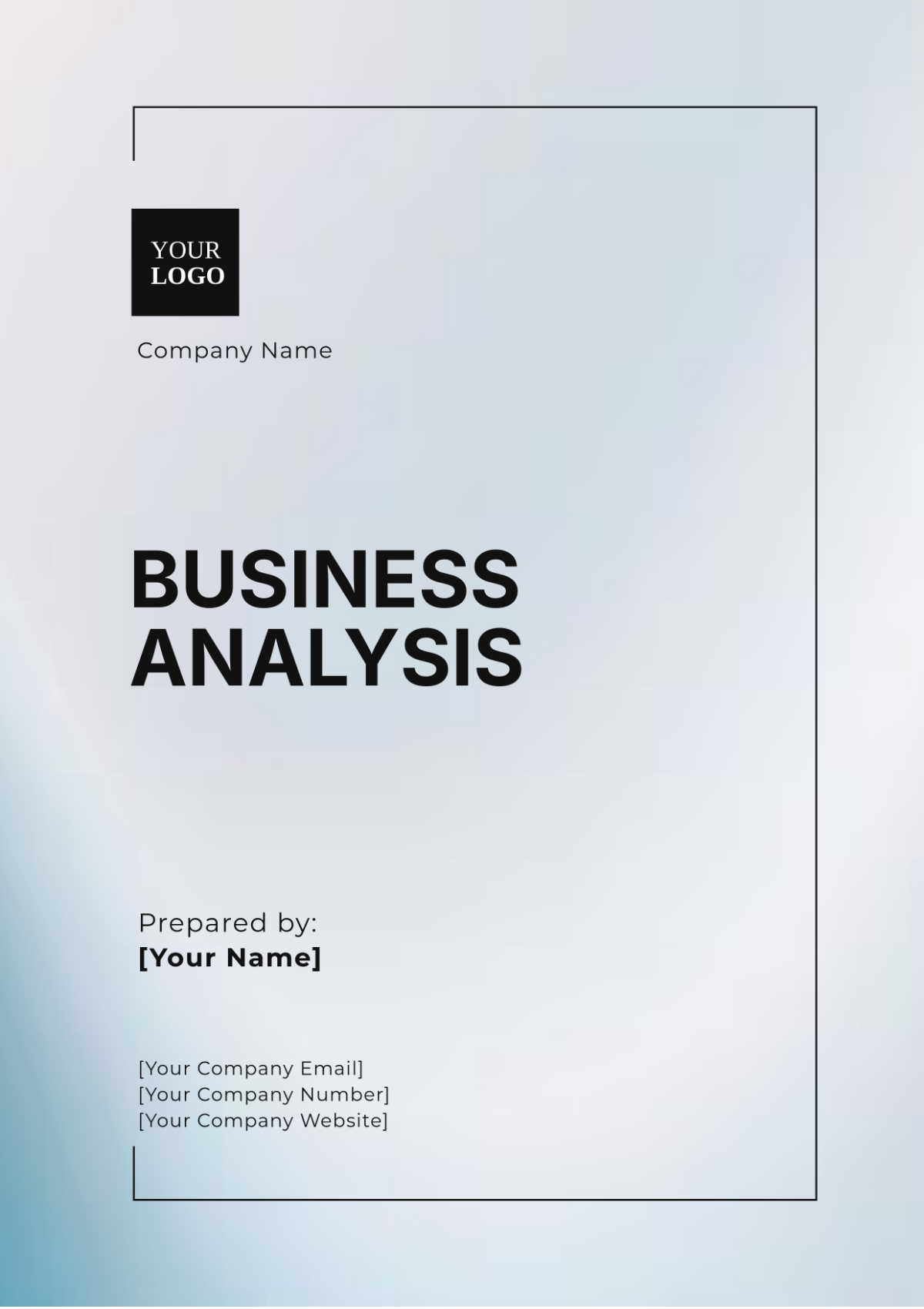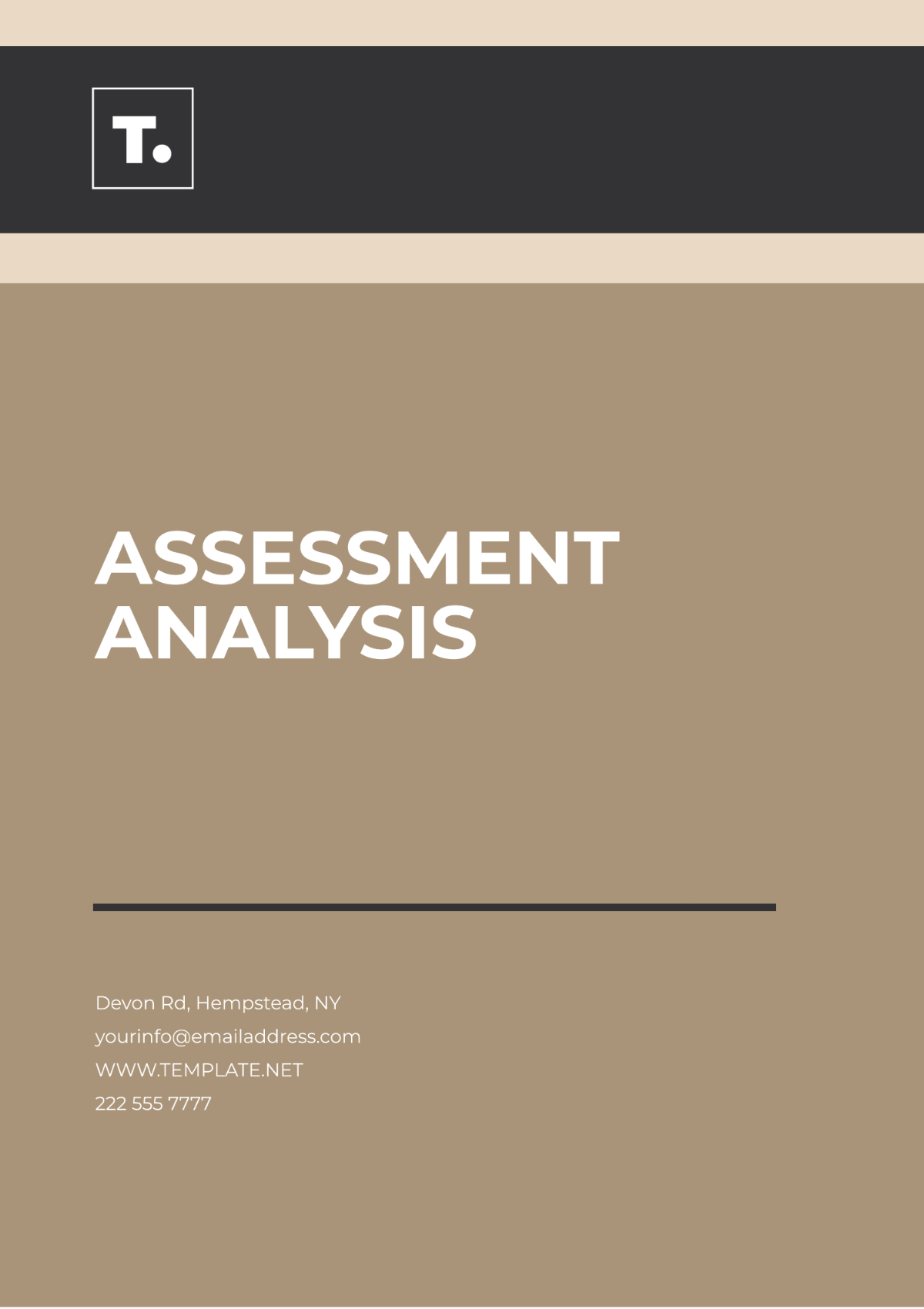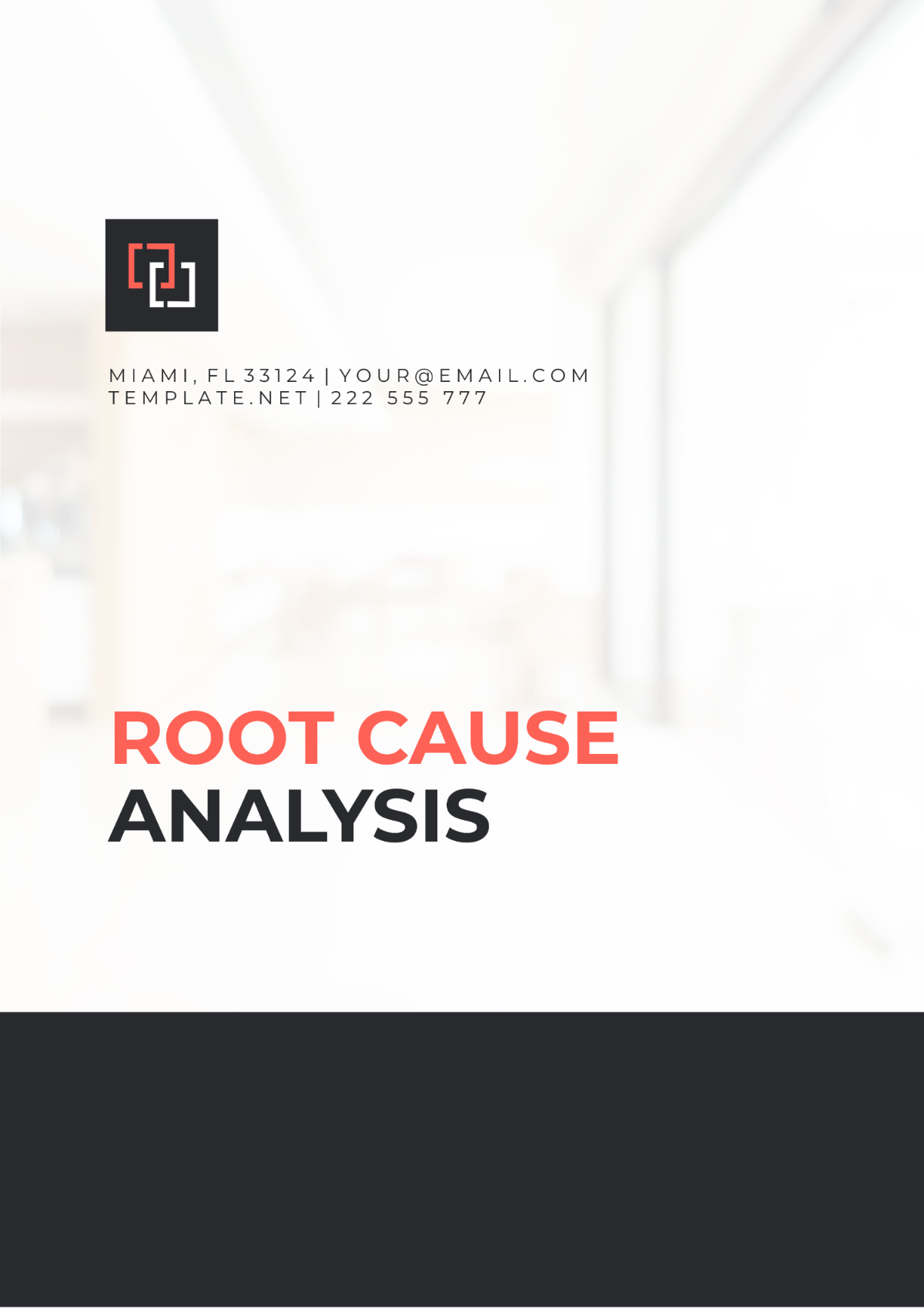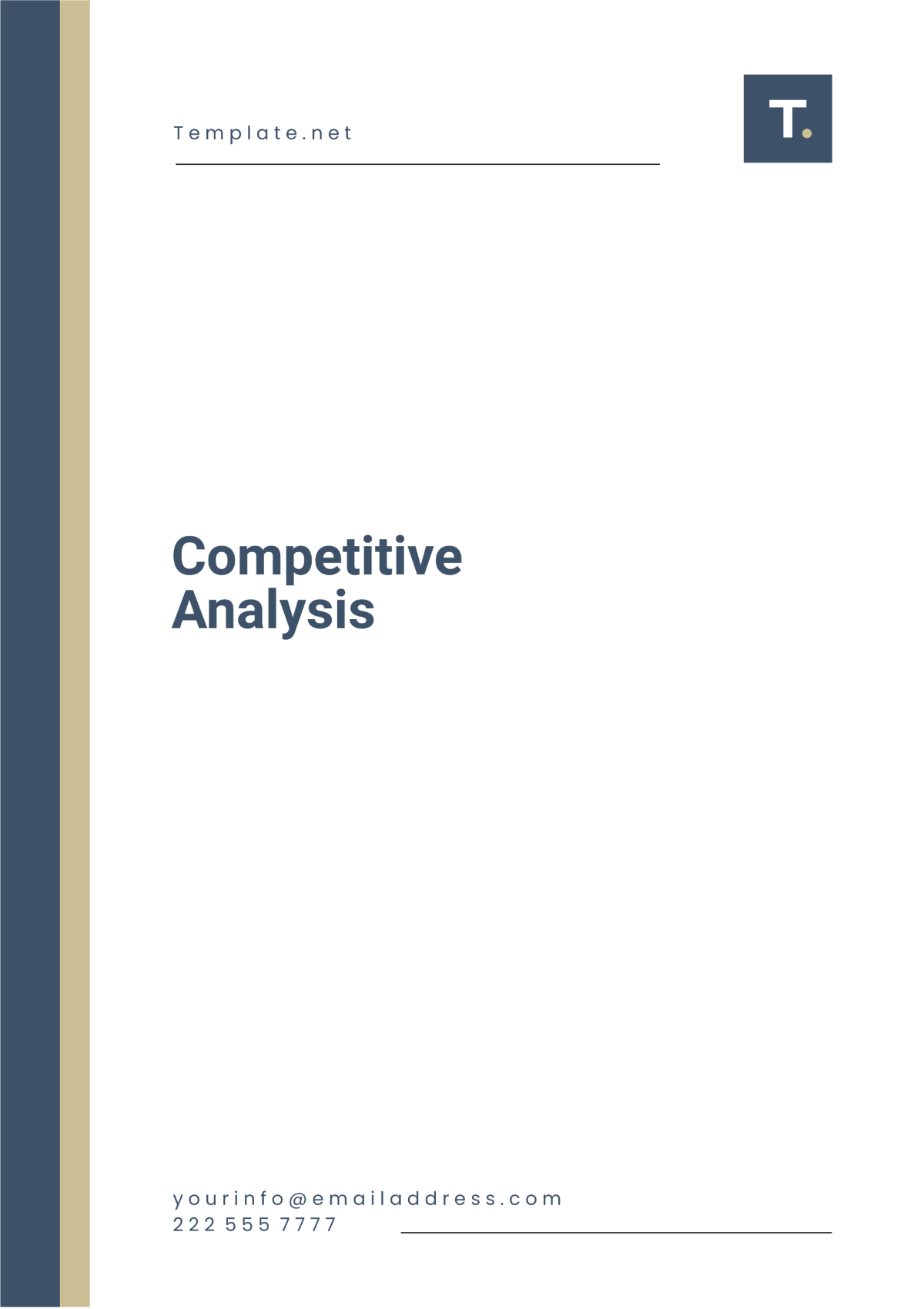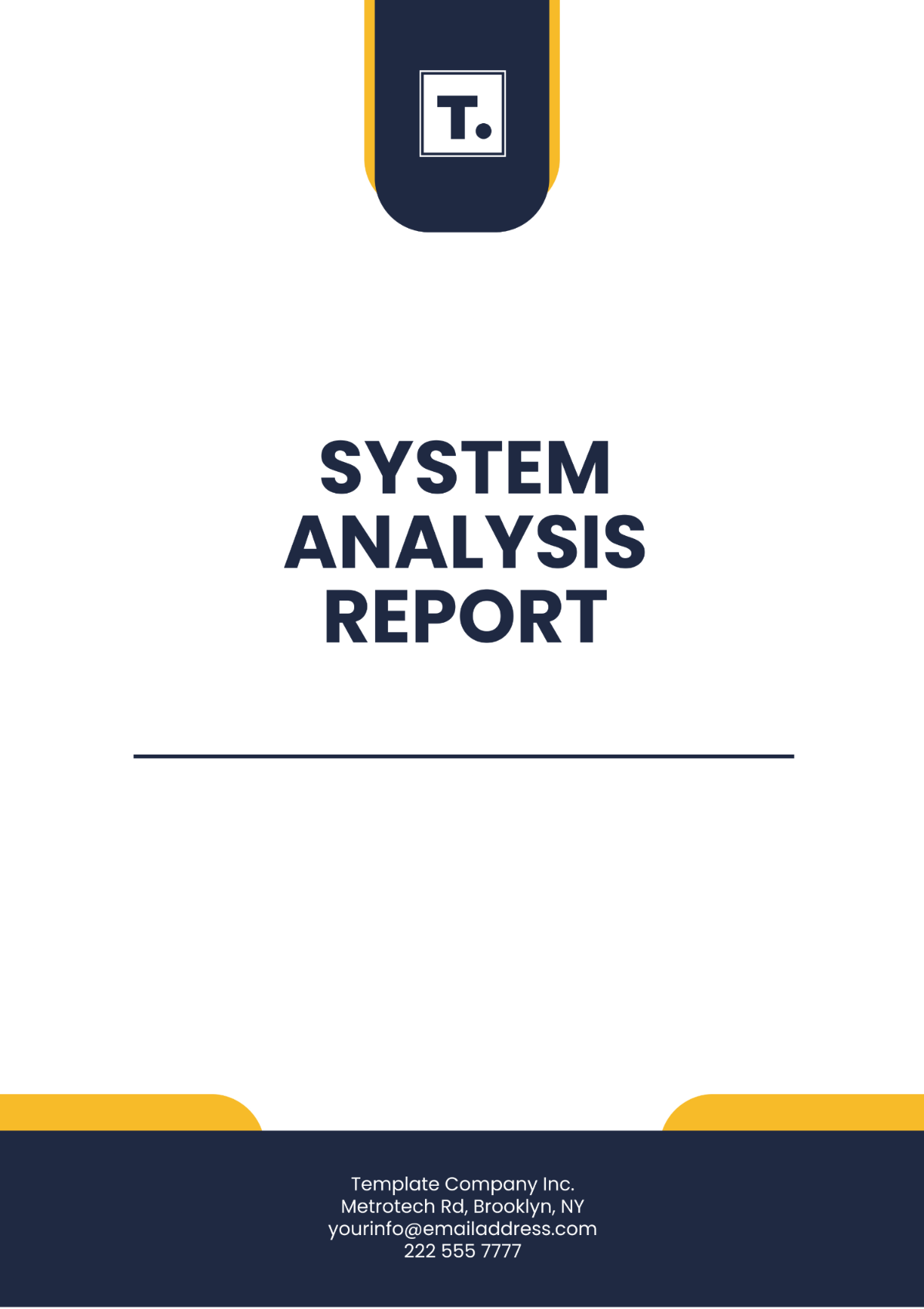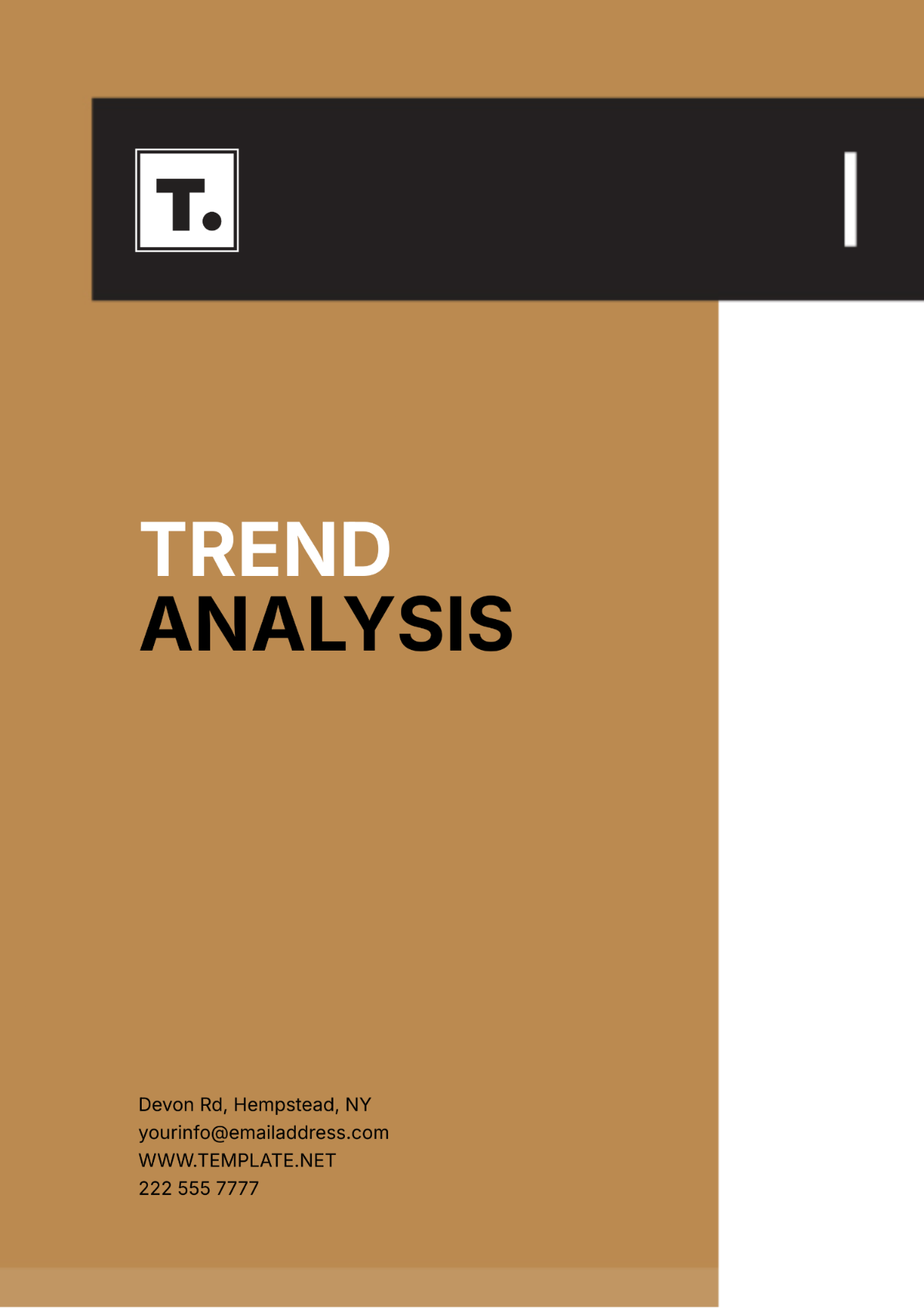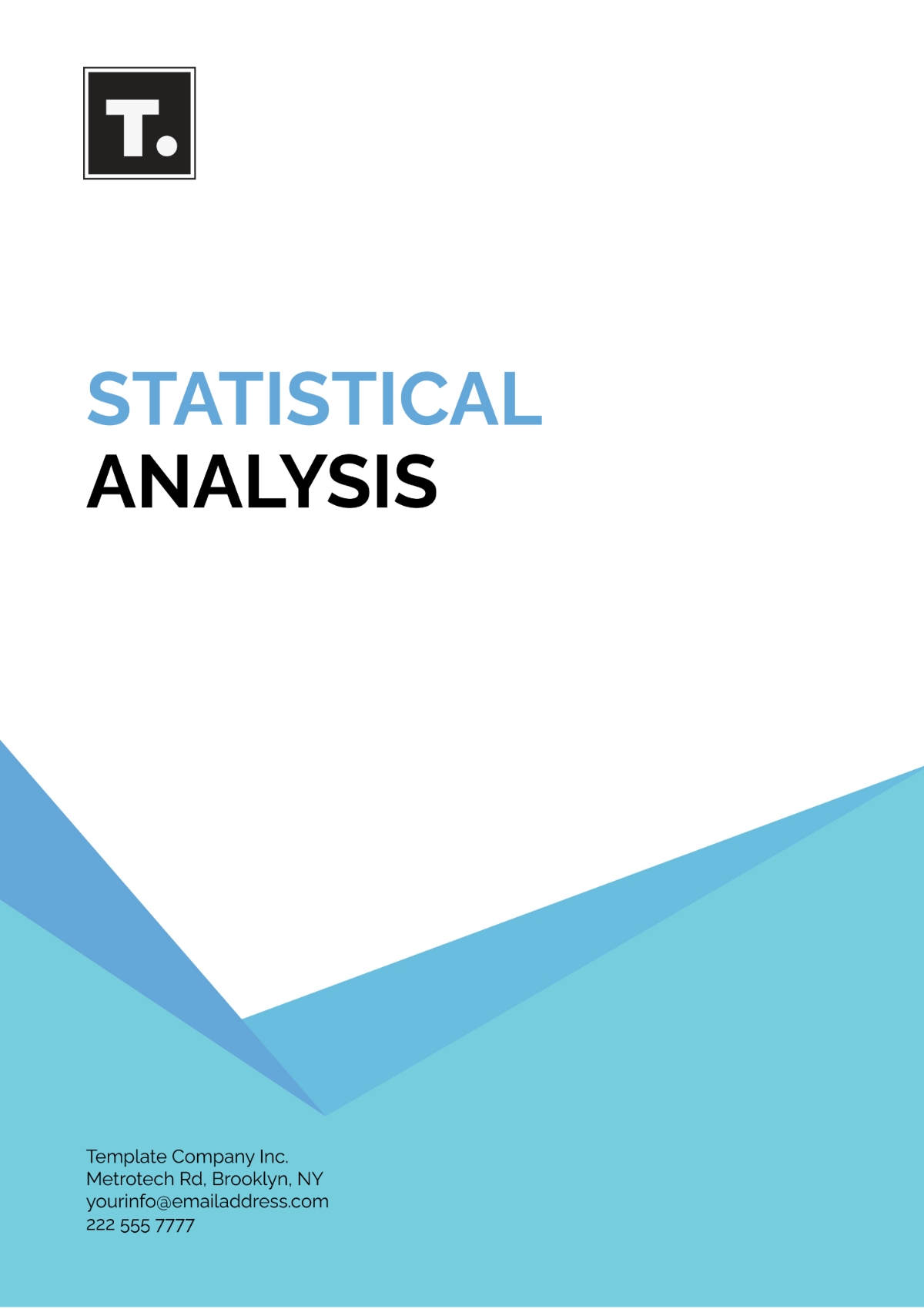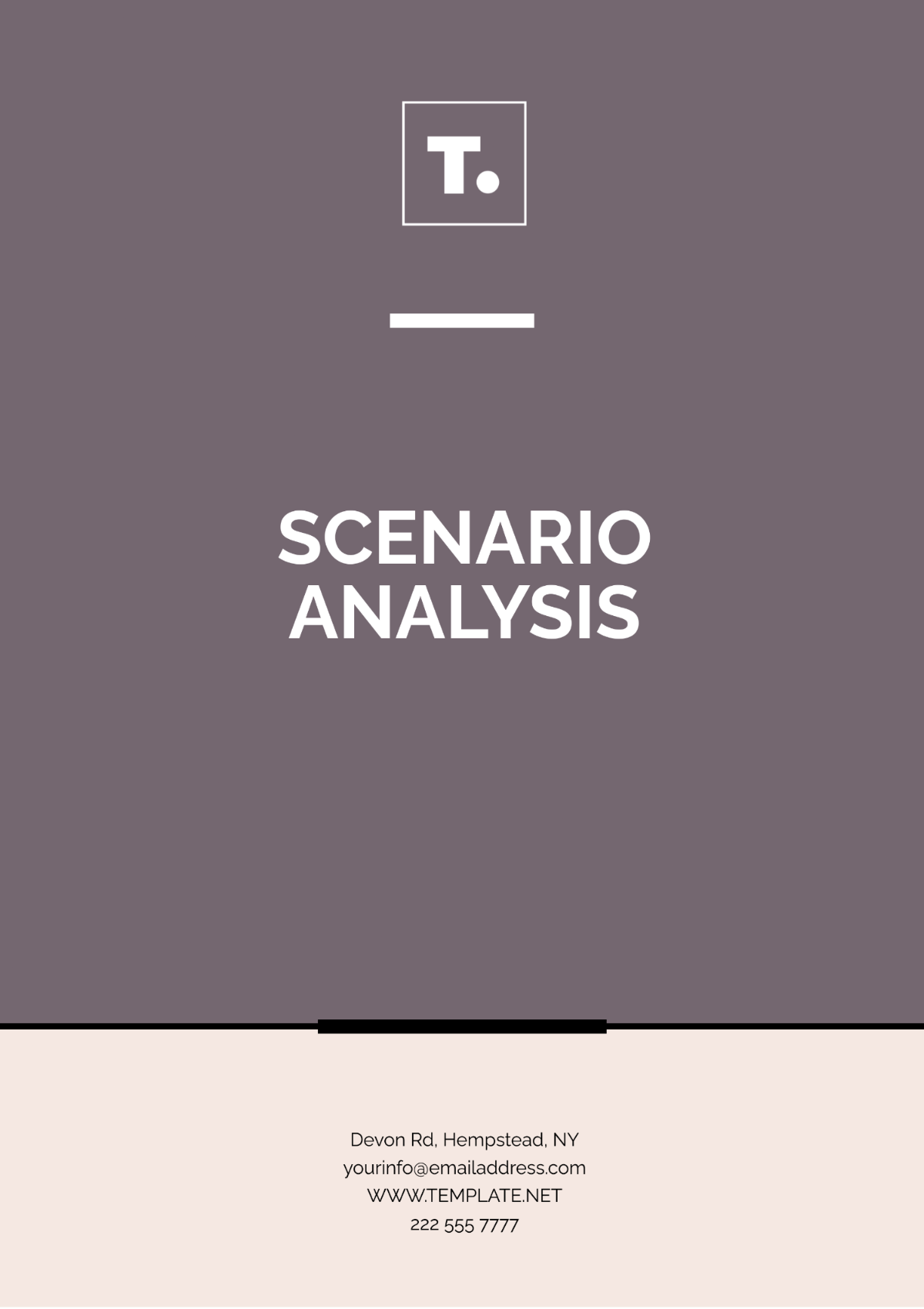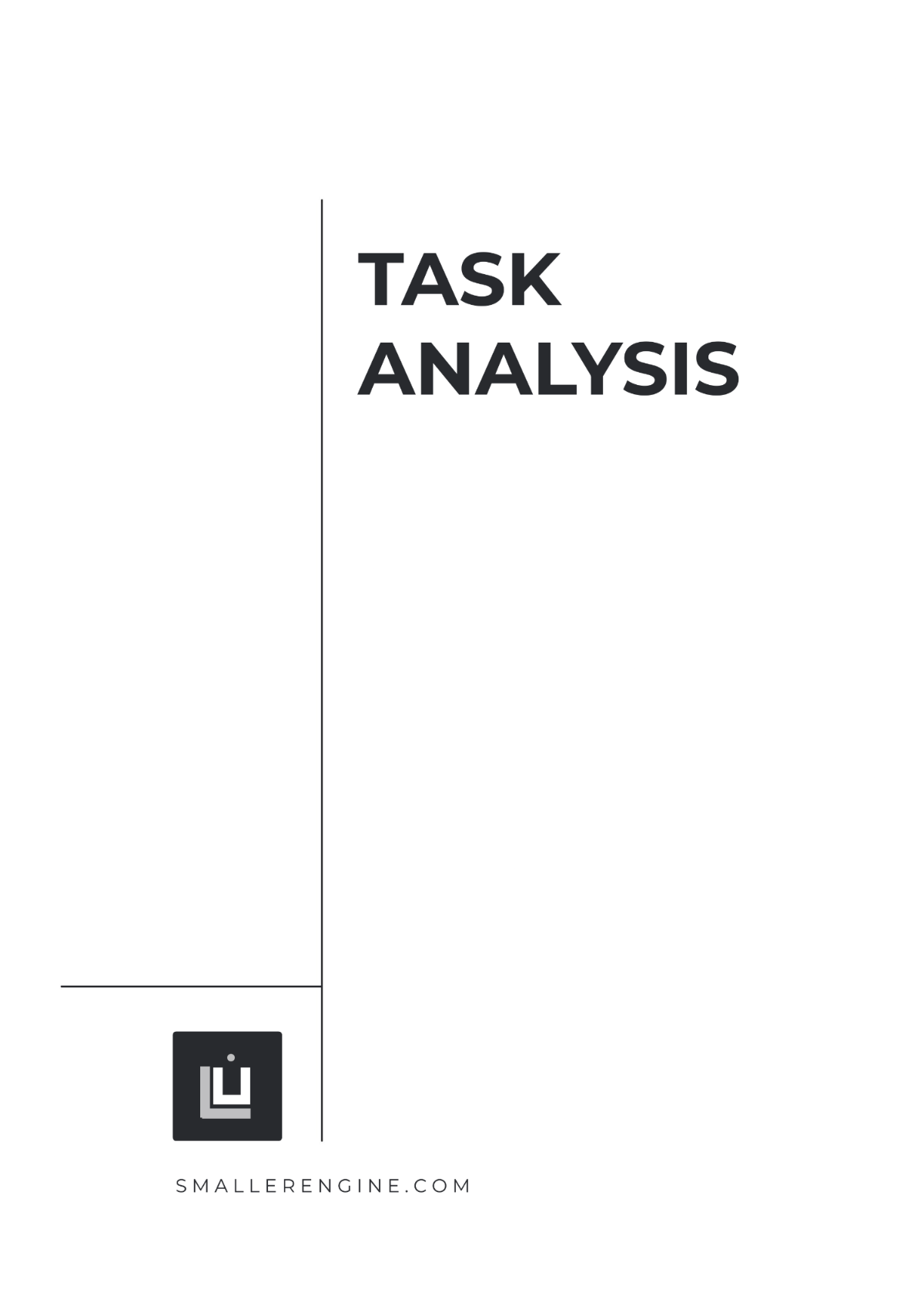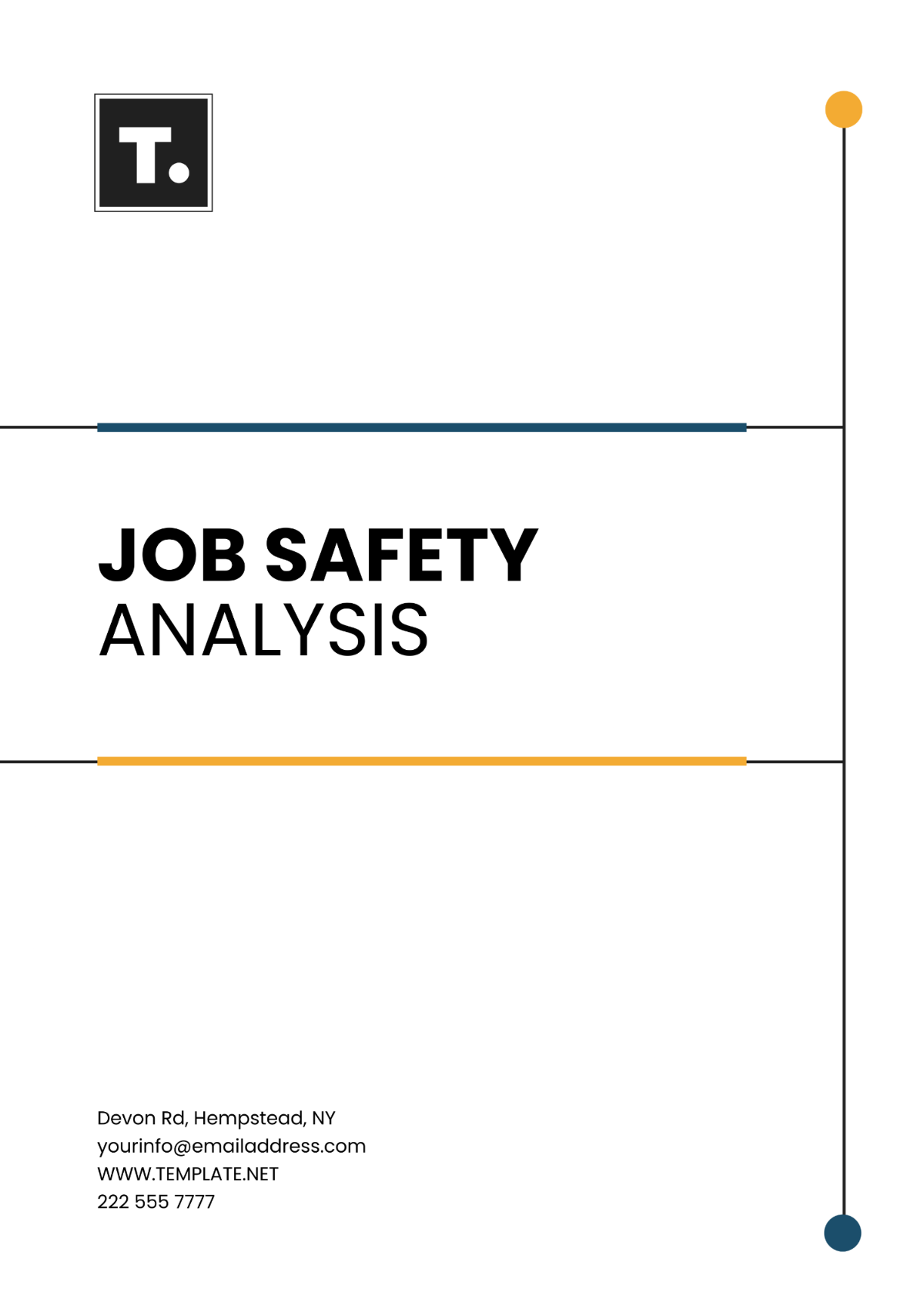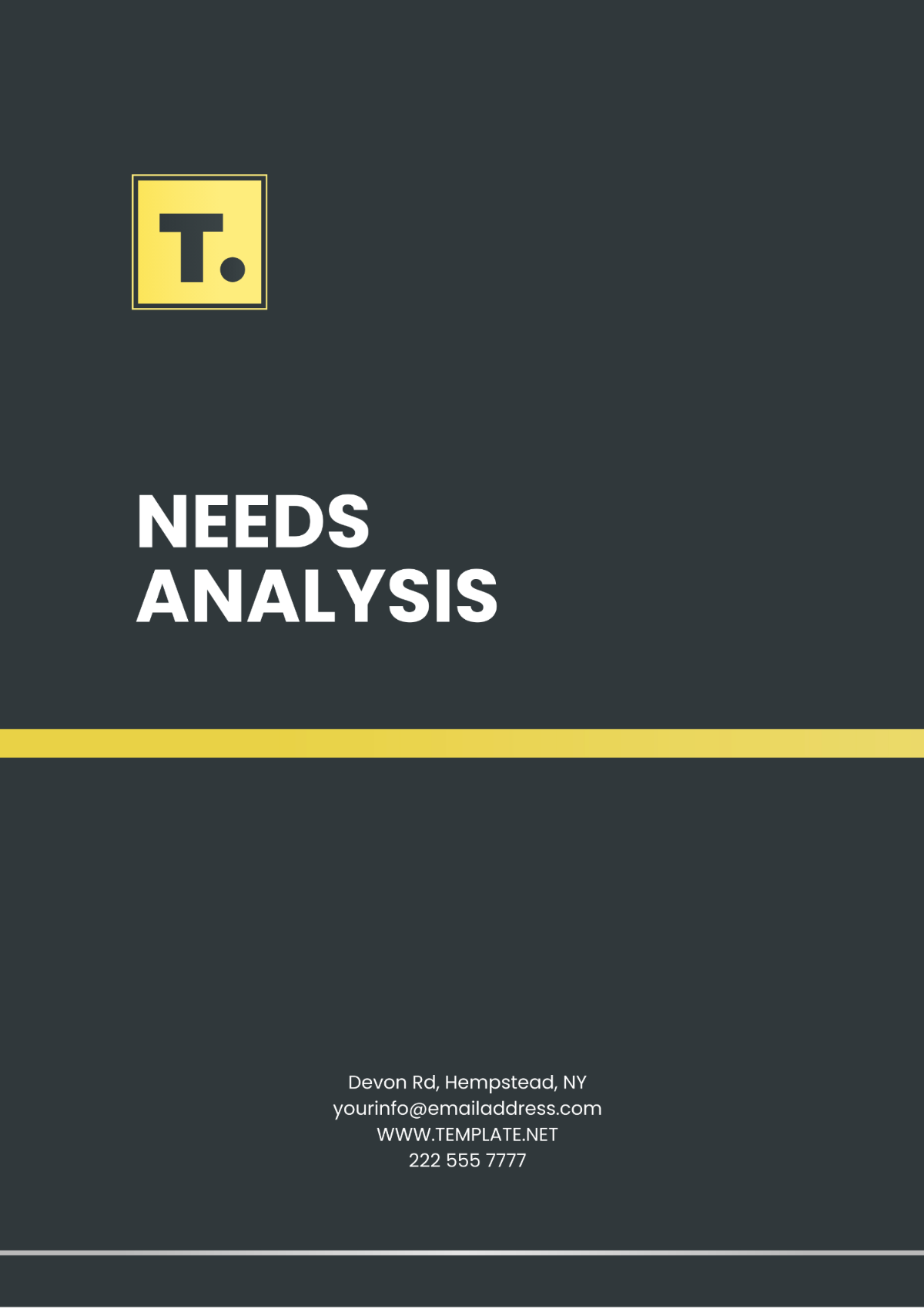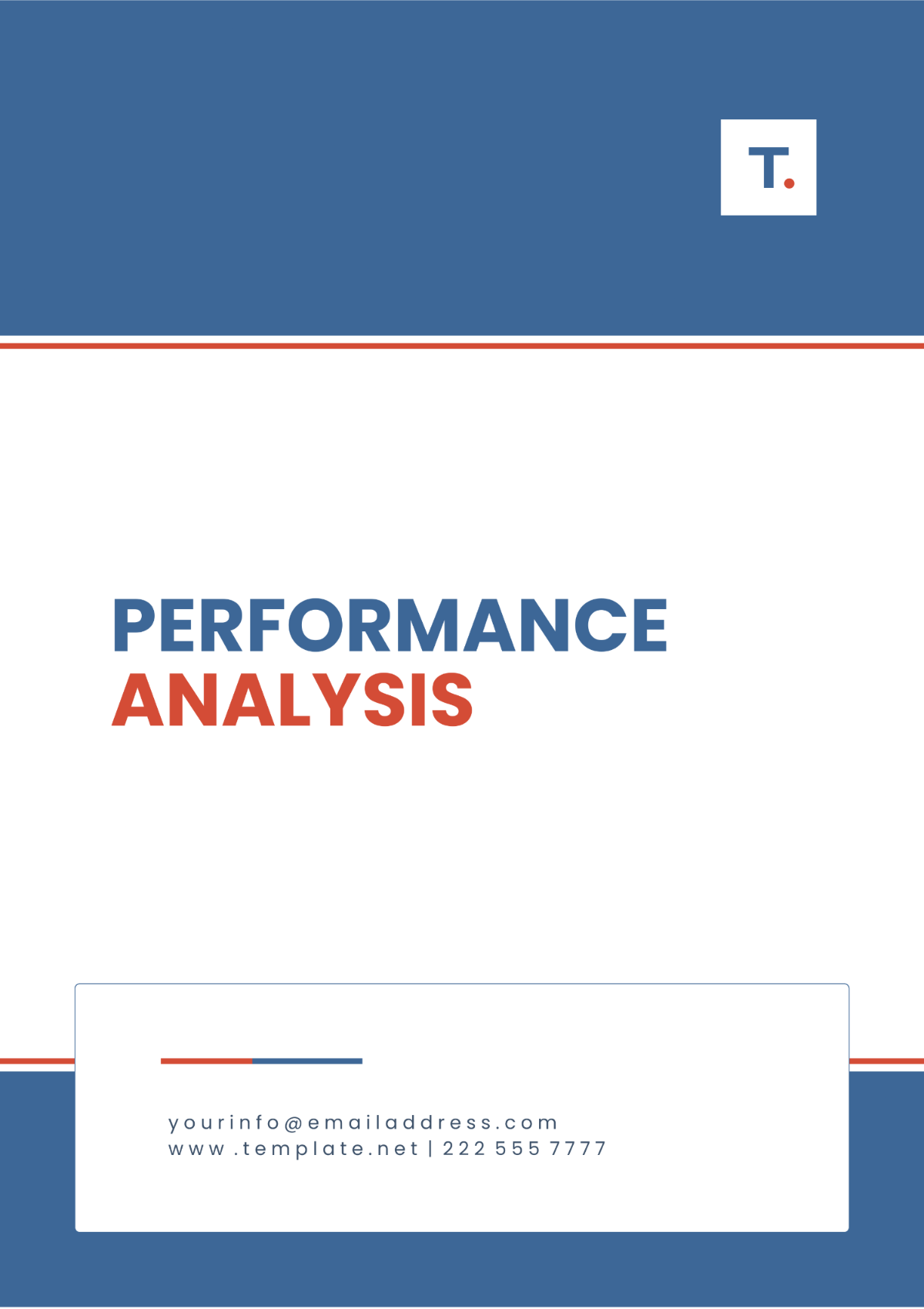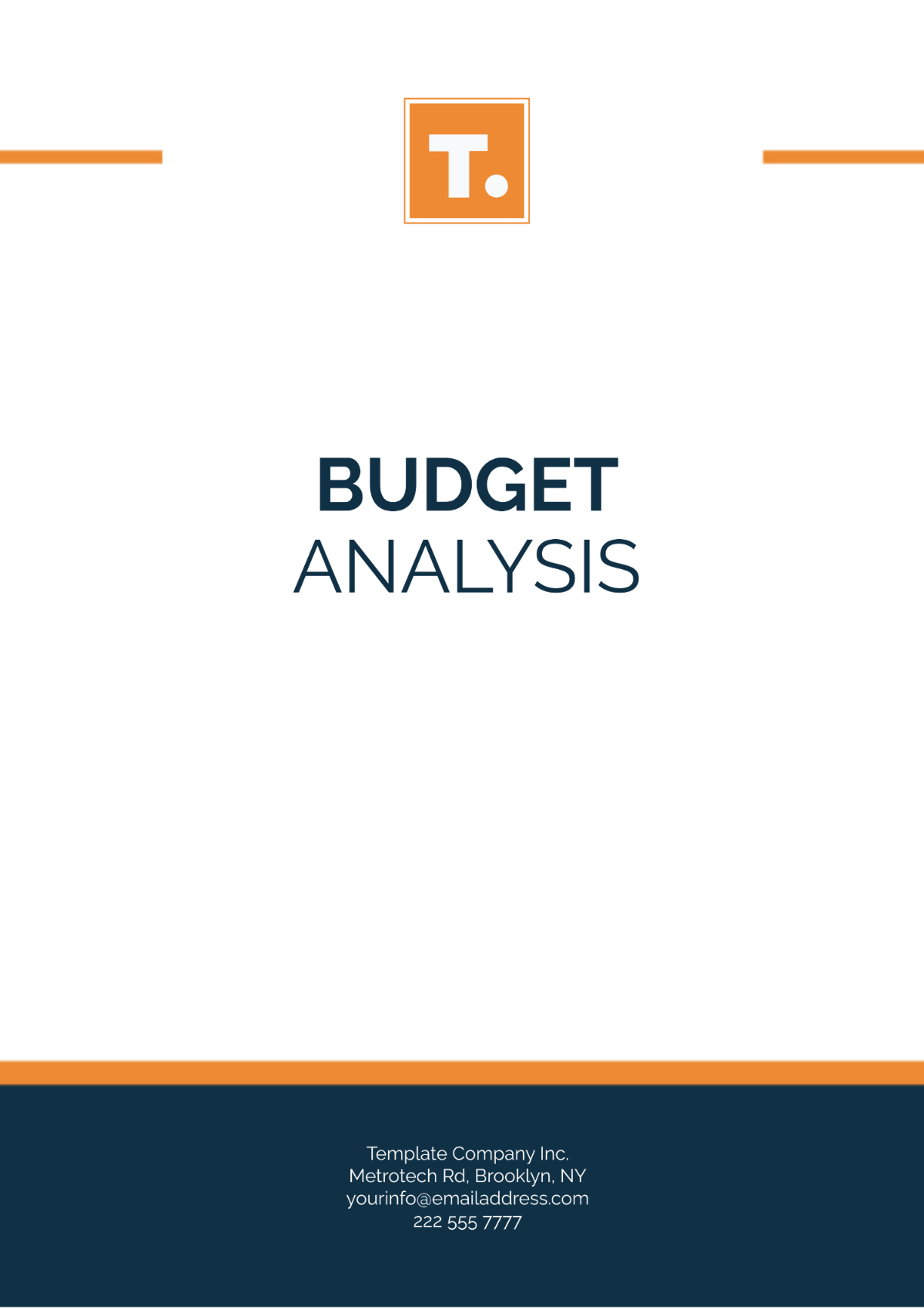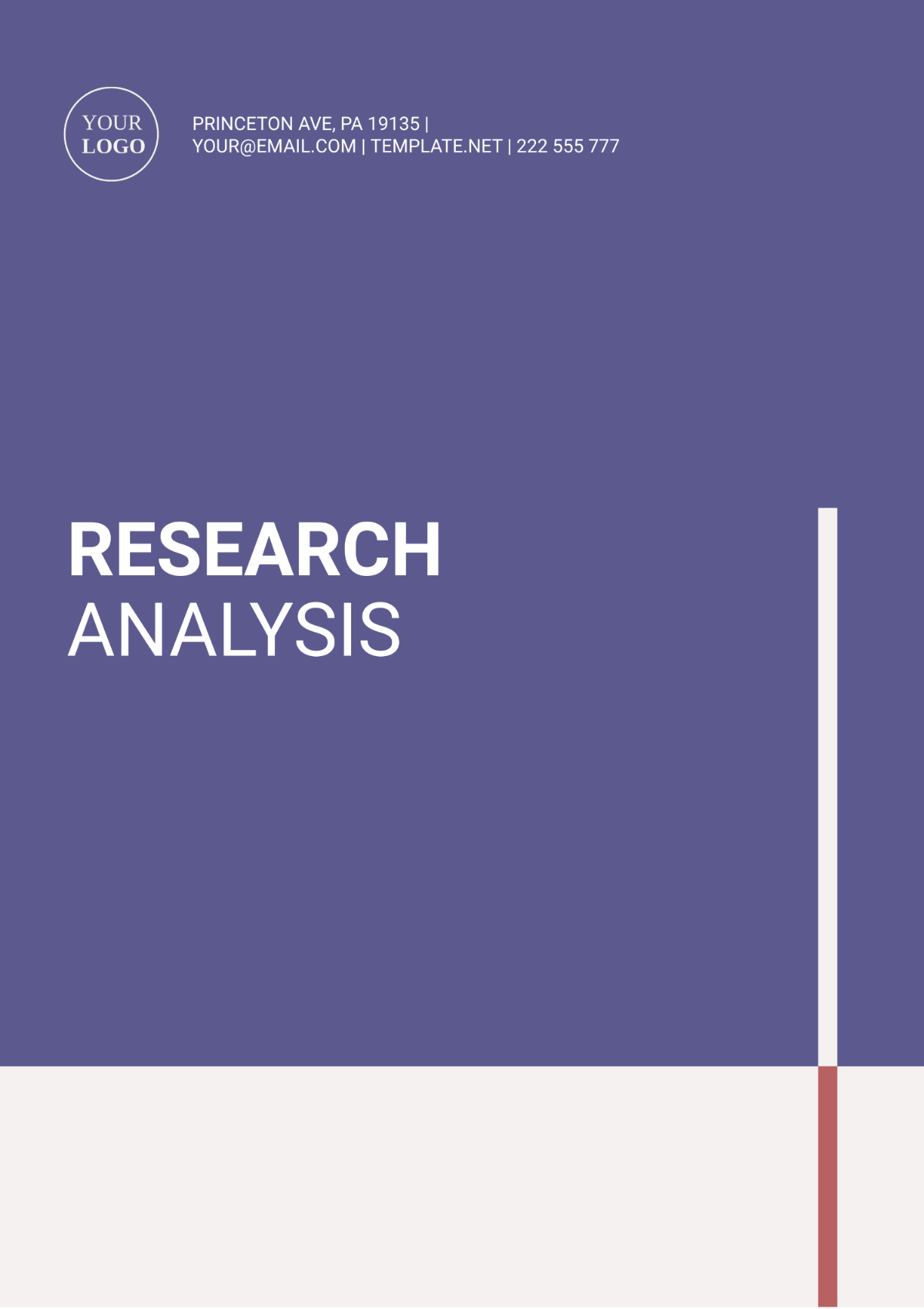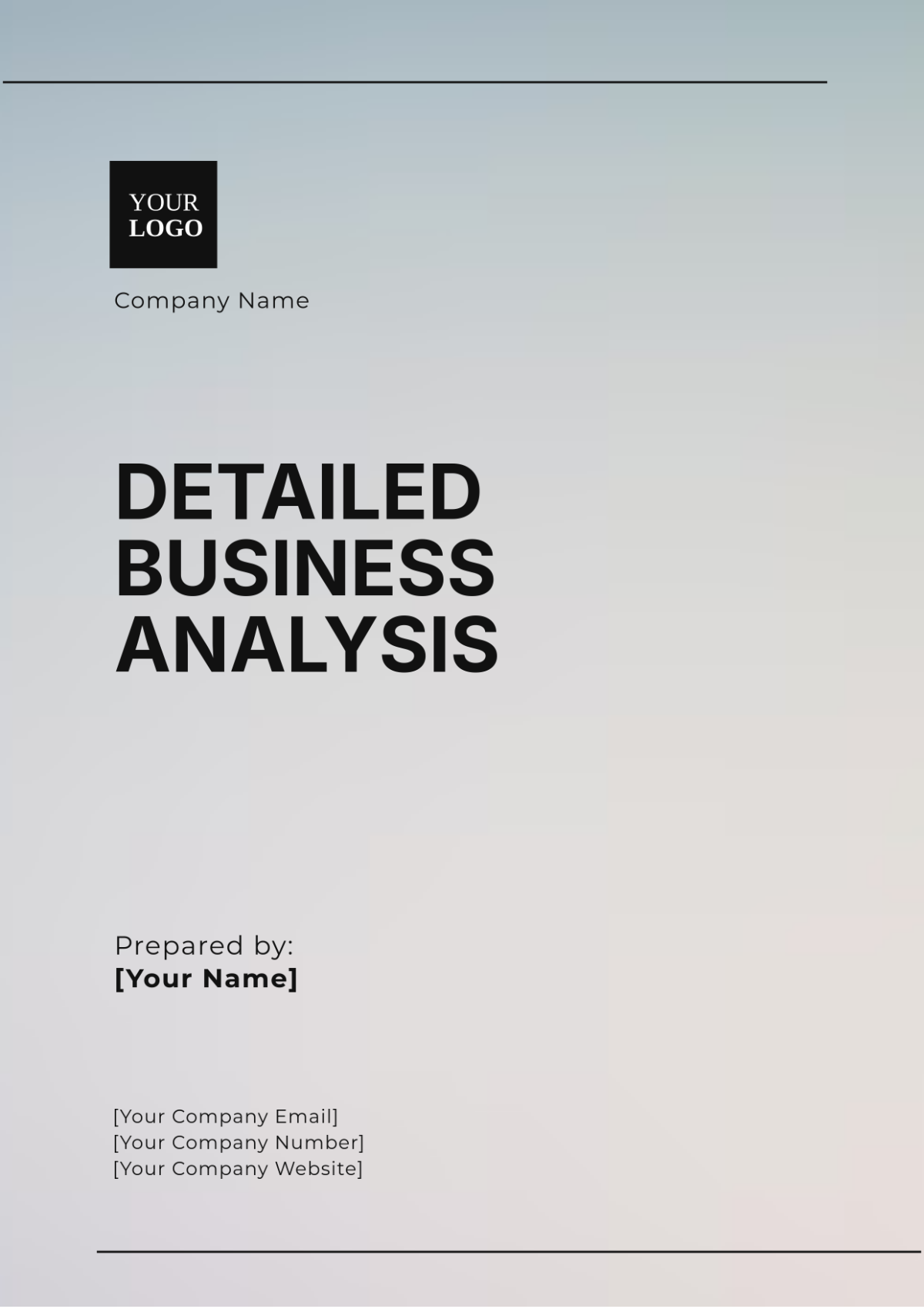Organizational Discourse Analysis
Prepared by: [YOUR NAME]
Date: [DATE]
I. Introduction
Organizational Discourse Analysis is the study of communication patterns, language use, and narratives within an organization. It examines how language shapes organizational culture, power dynamics, and decision-making processes. This analysis helps in understanding how communication influences behavior, attitudes, and the overall functioning of an organization.
II. The Role of Language in Organizational Culture
A. Defining Organizational Culture
Organizational culture refers to the shared values, beliefs, and practices that characterize an organization. It encapsulates how employees interact, make decisions, and achieve organizational goals.
B. The Influence of Communication
The language and communication practices within an organization significantly shape its culture. These practices include formal communication (e.g., meetings, emails) and informal interactions (e.g., water-cooler talk, casual conversations).
III. Power Dynamics in Organizational Communication
A. Understanding Power Relations
Power dynamics within an organization refer to how power is distributed and exercised among members. This often affects who gets to speak, whose voices are heard, and whose perspectives are valued.
B. Language as a Tool of Power
Language can both reflect and reinforce power dynamics. For example, the use of jargon or specific terminologies can create in-groups and out-groups within the organization.
IV. Decision-Making Processes
A. Role of Communication in Decision-Making
Effective decision-making within an organization relies extensively on clear and open communication. Miscommunication or lack of communication can lead to poor decision-making outcomes.
B. Collaborative Communication Models
Organizations that emphasize collaborative communication models often see better decision-making results. These models encourage diverse input and inclusive dialogue, leading to more well-rounded and effective decisions.
V. Methodologies for Organizational Discourse Analysis
A. Qualitative Methods
Qualitative methods in Organizational Discourse Analysis often involve:
Interviews: Conducting in-depth interviews with employees to gather insights about communication practices.
Focus Groups: Organizing group discussions to understand collective communication dynamics.
Ethnography: Observing organizational interactions in their natural setting.
B. Quantitative Methods
Quantitative methods may include:
Surveys: Distributing questionnaires to collect data on communication habits and preferences.
Content Analysis: Analyzing the frequency and types of language used in organizational documents.
VI. Findings and Implications
A. Patterns of Communication
Analyzing organizational discourse often reveals consistent communication patterns that may either facilitate or hinder effective organizational functioning.
Pattern | Implication |
|---|---|
Top-Down Communication | Can stifle innovation and employee engagement |
Collaborative Communication | Encourages diverse input and can improve decision-making |
B. Influence on Organizational Behavior
Organizational discourse influences employee behavior. Effective communication patterns can lead to higher job satisfaction, increased productivity, and better teamwork.
VII. Recommendations
A. Promoting Effective Communication
Organizations should aim to foster an environment where open and transparent communication is encouraged. This can be achieved through:
Training Programs: Offering communication skills training for employees at all levels.
Feedback Mechanisms: Implementing systems for regular and constructive feedback.
Inclusive Policies: Ensuring that all voices are heard and valued in decision-making processes.
B. Regular Audits
Conducting regular discourse audits can help organizations stay on top of their communication practices and make necessary adjustments to continually improve.
VIII. Conclusion
Organizational Discourse Analysis provides valuable insights into how communication shapes organizational culture, power dynamics, and decision-making processes. By understanding and improving communication practices, organizations can enhance their overall functioning and achieve their strategic goals more effectively.

